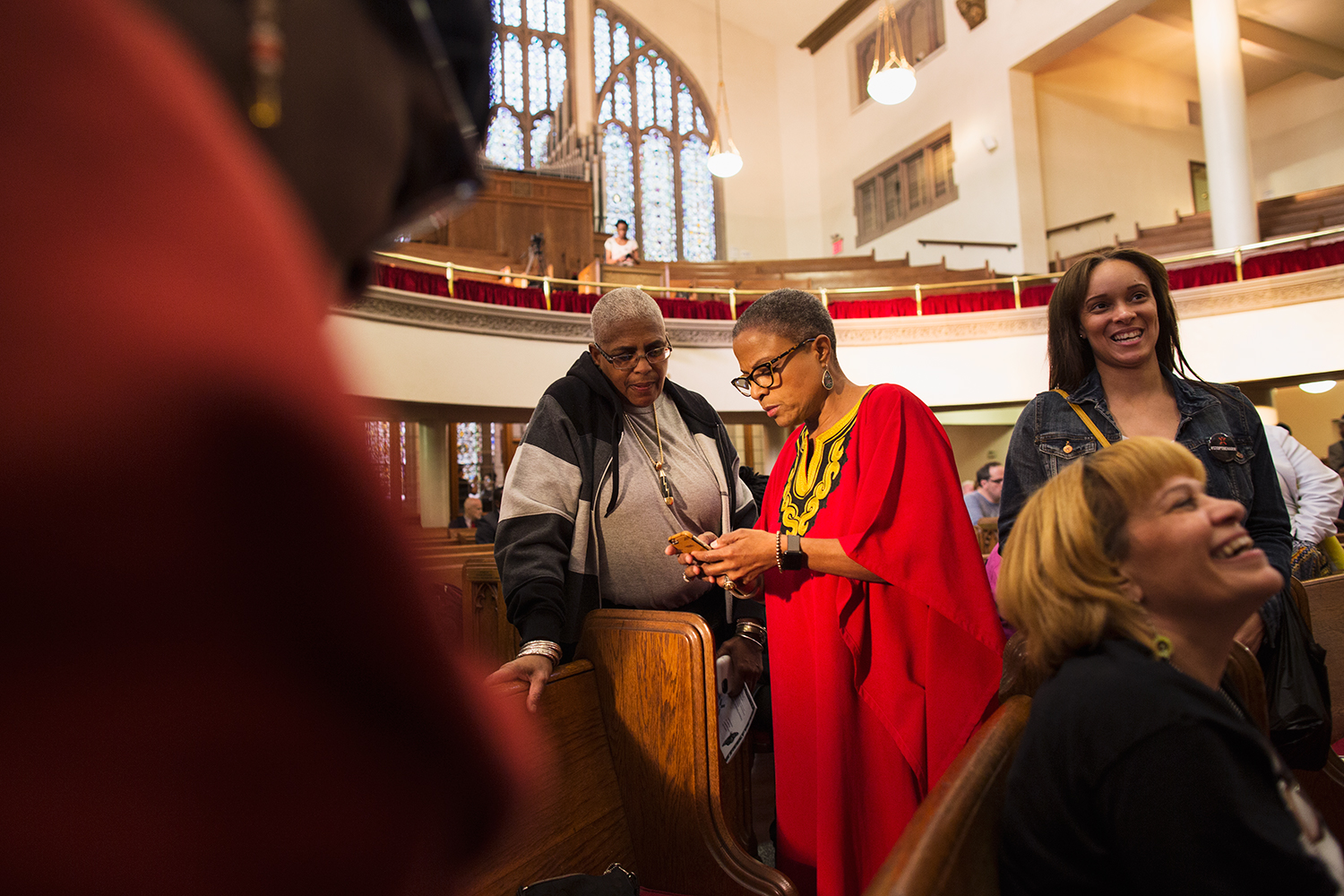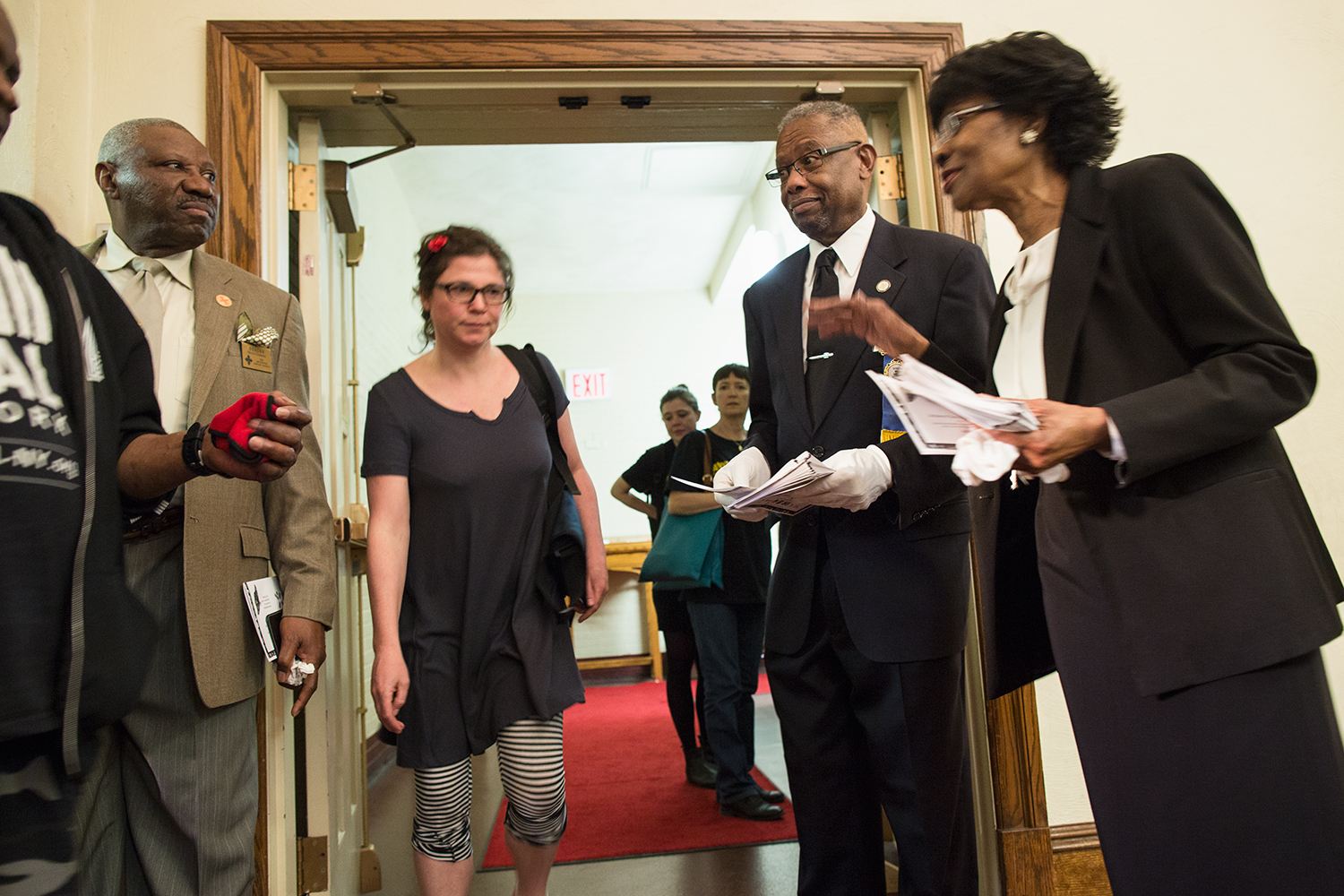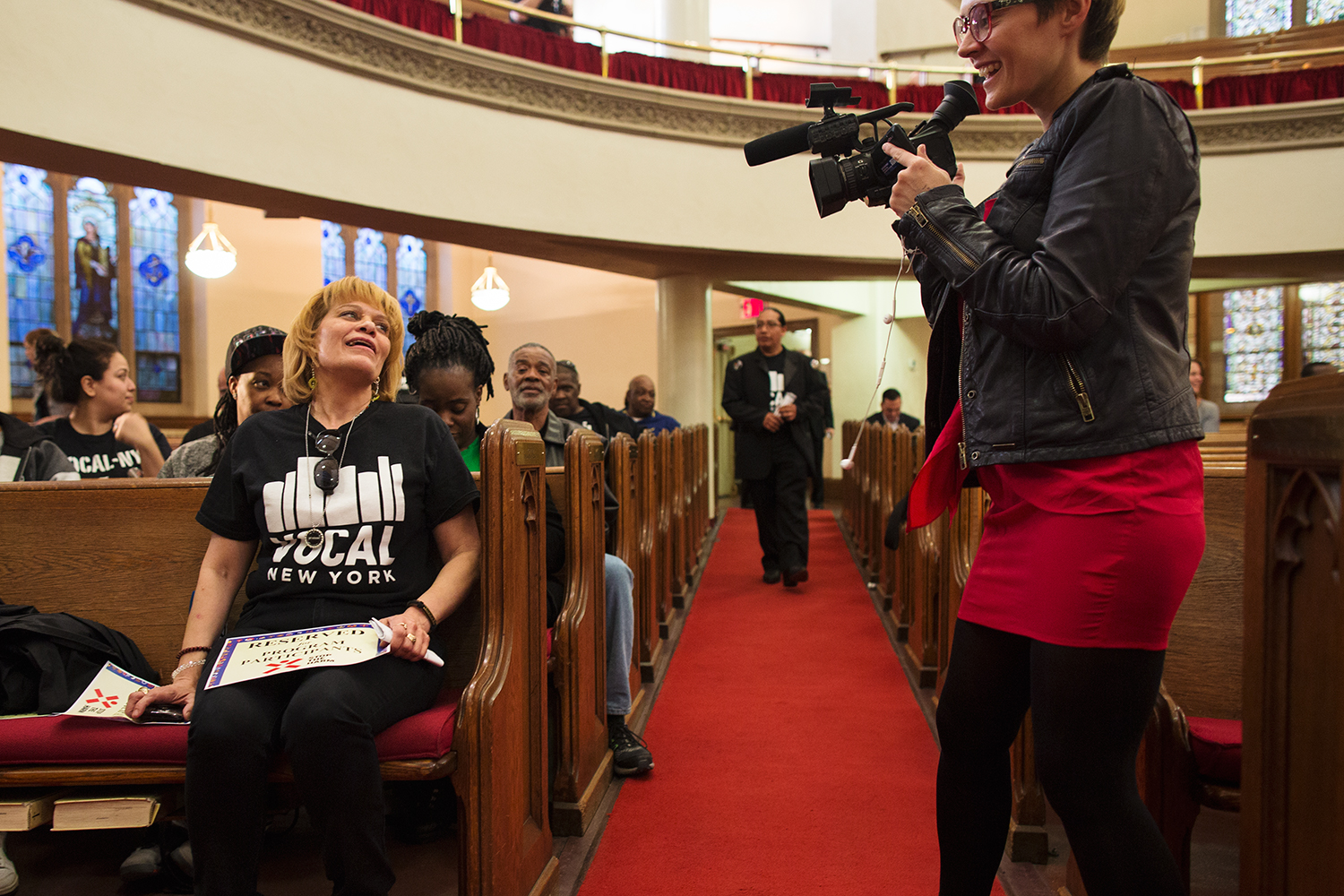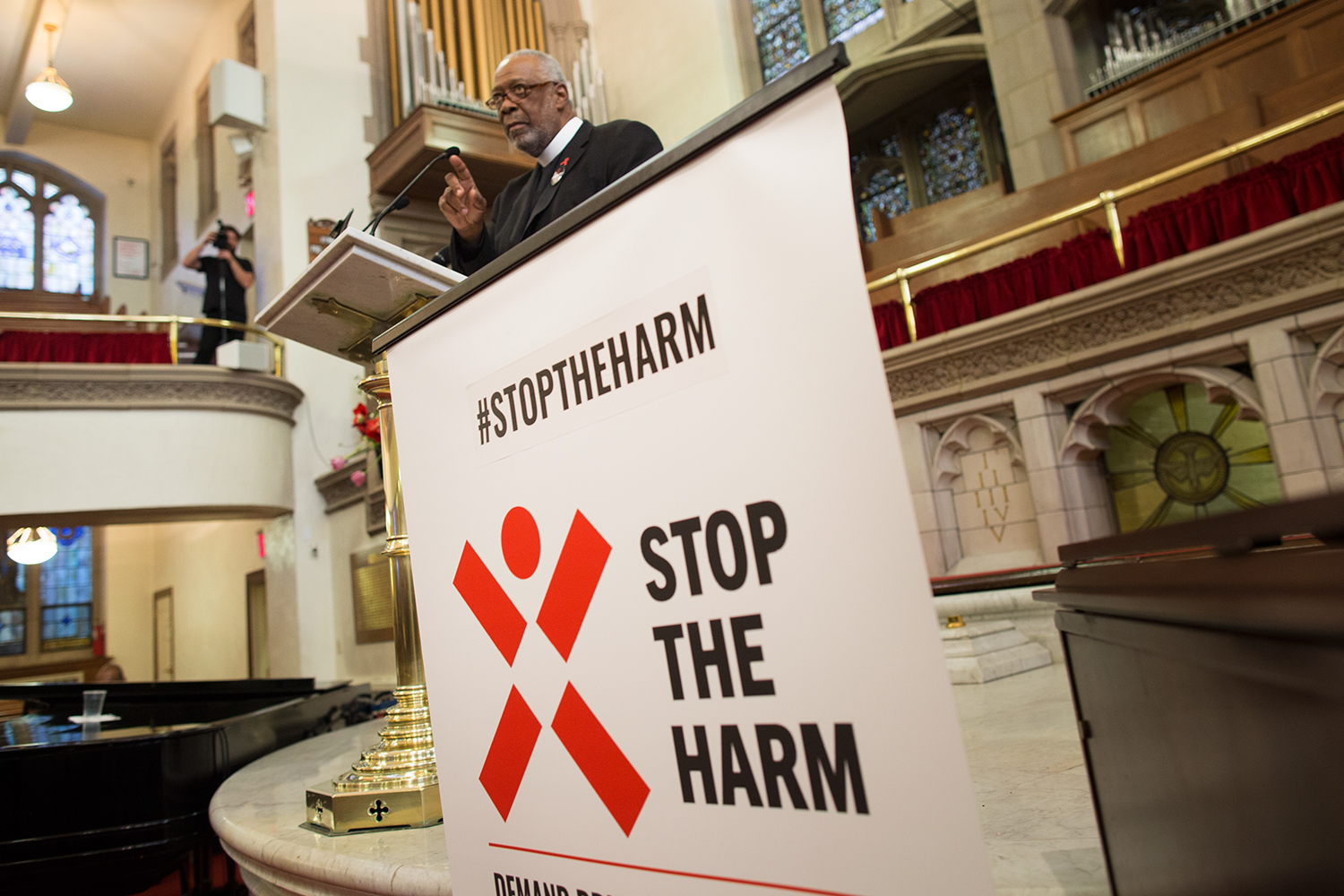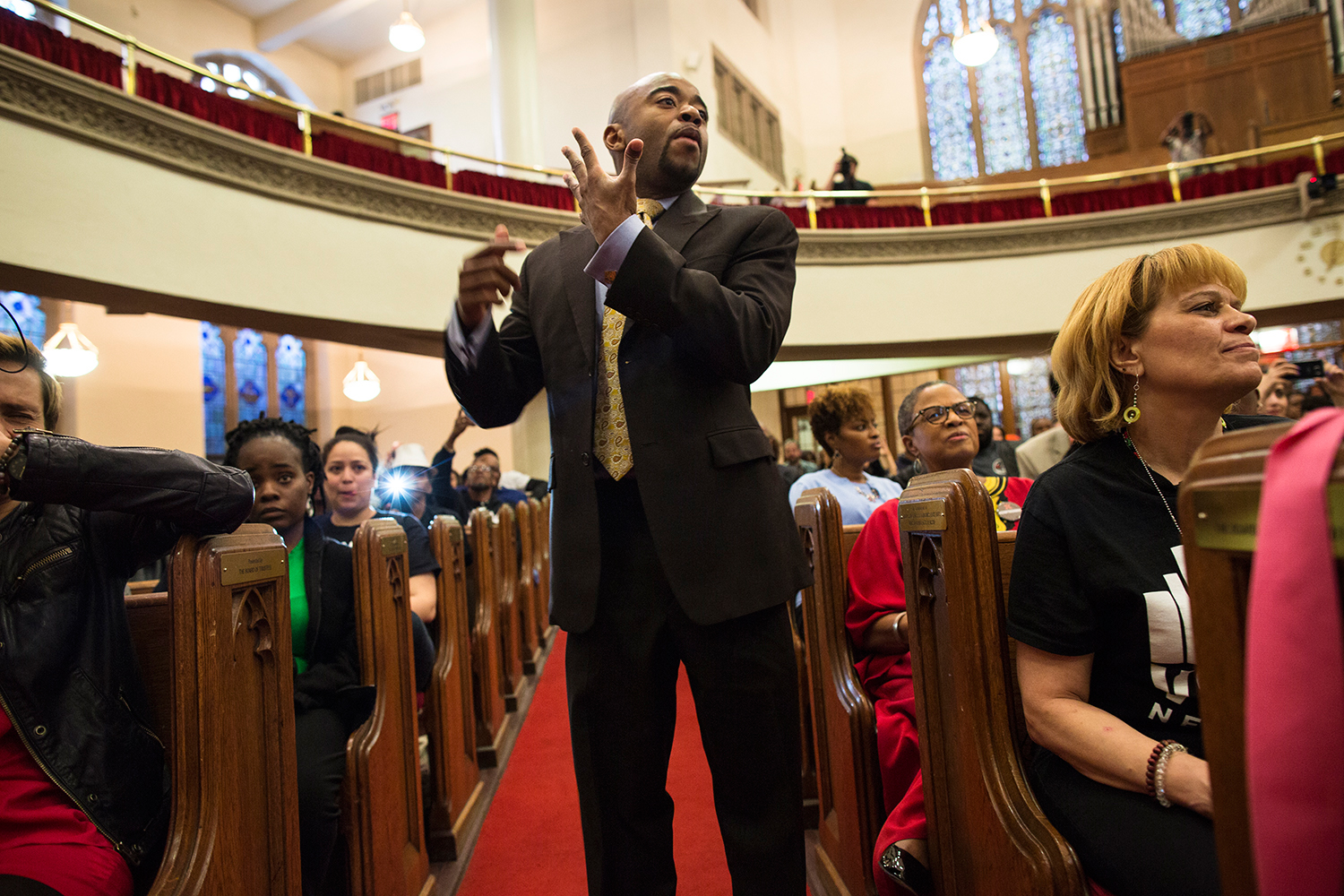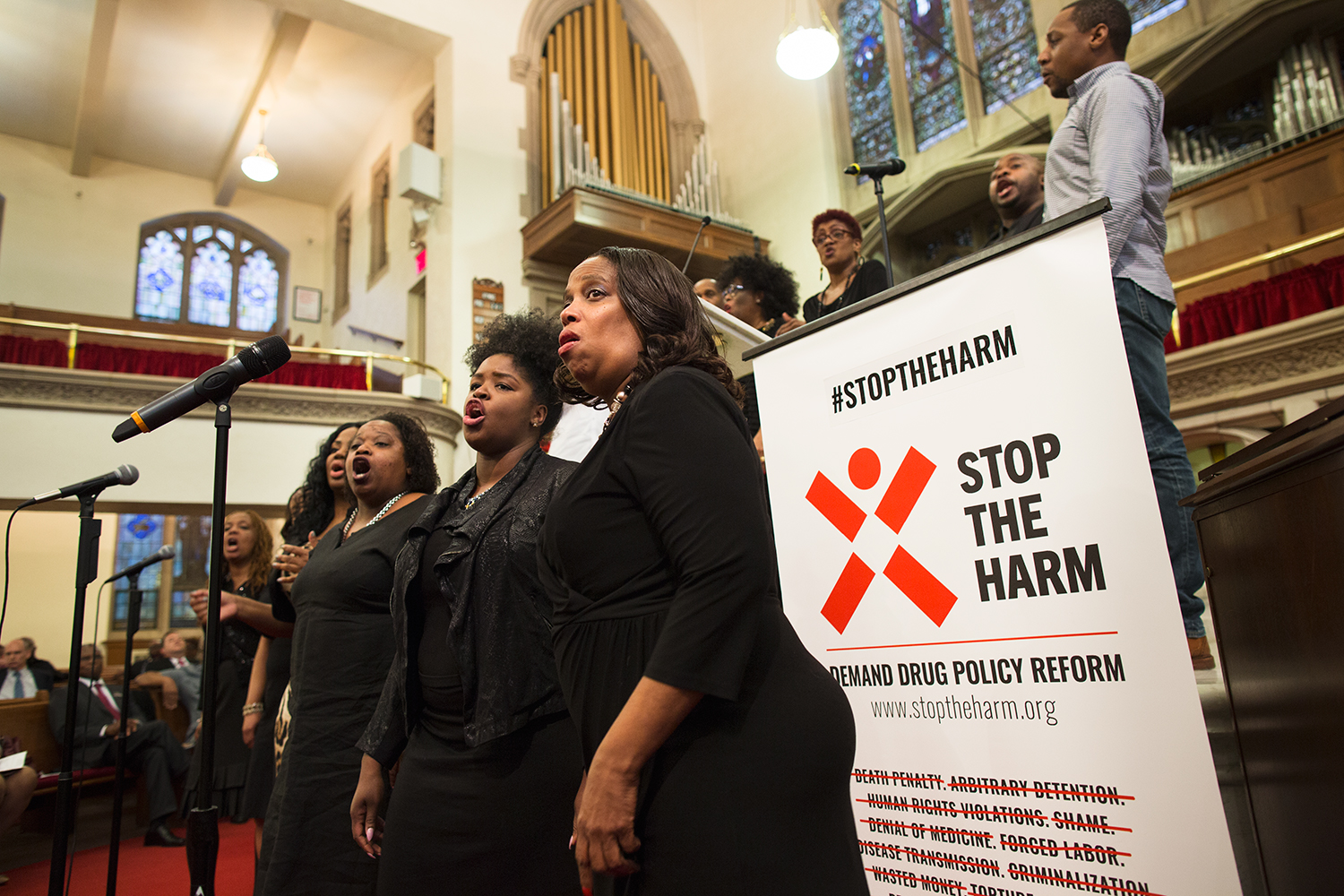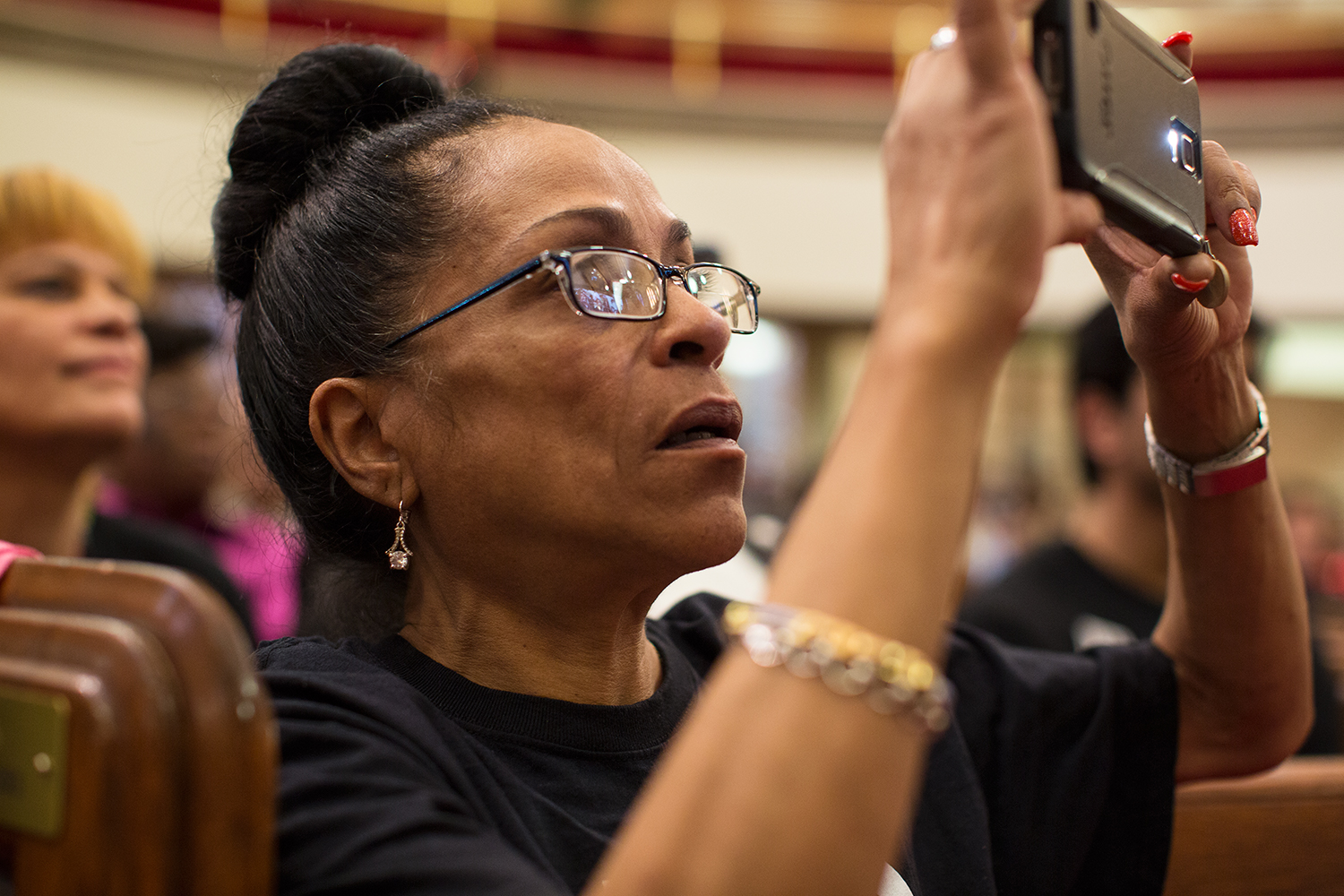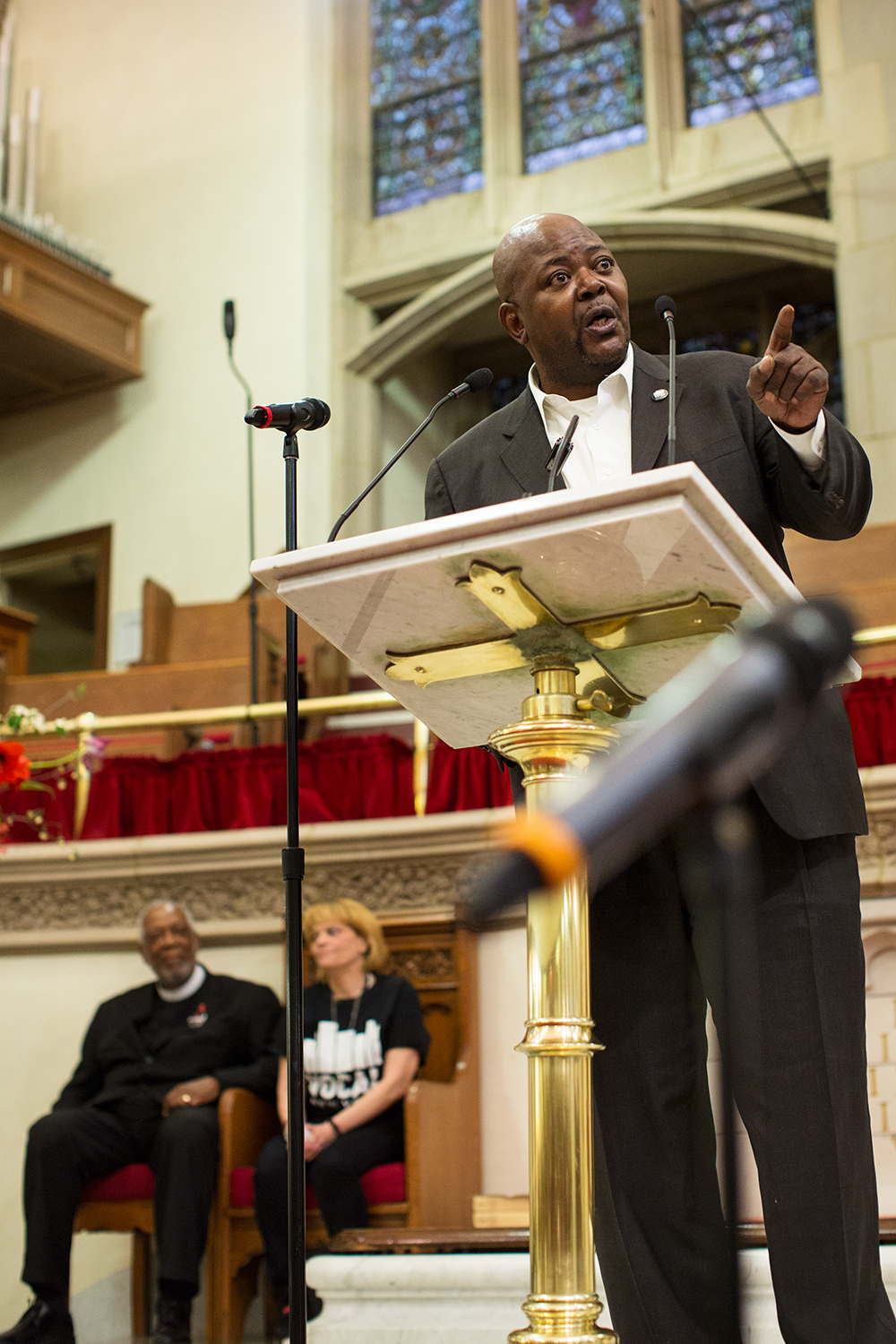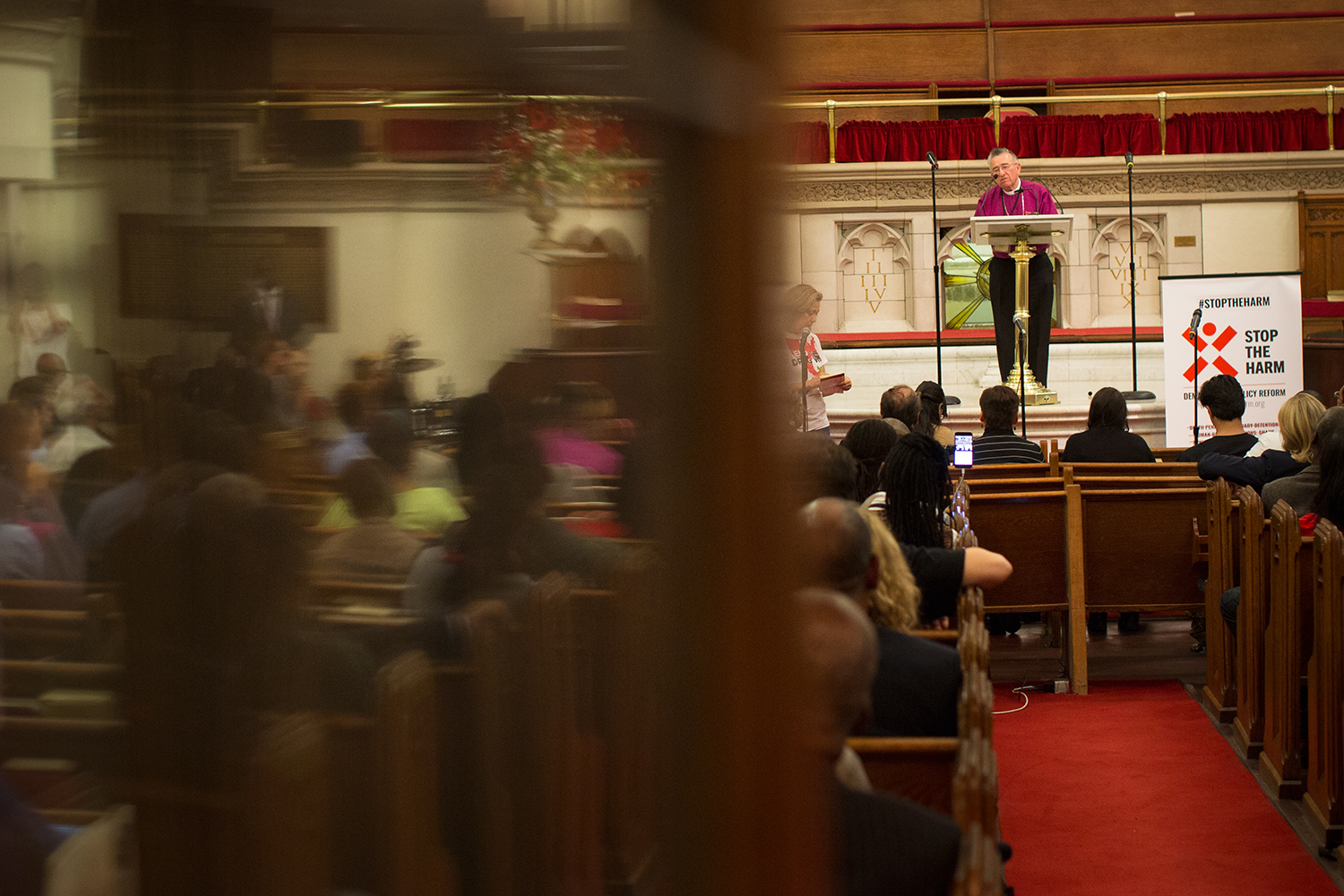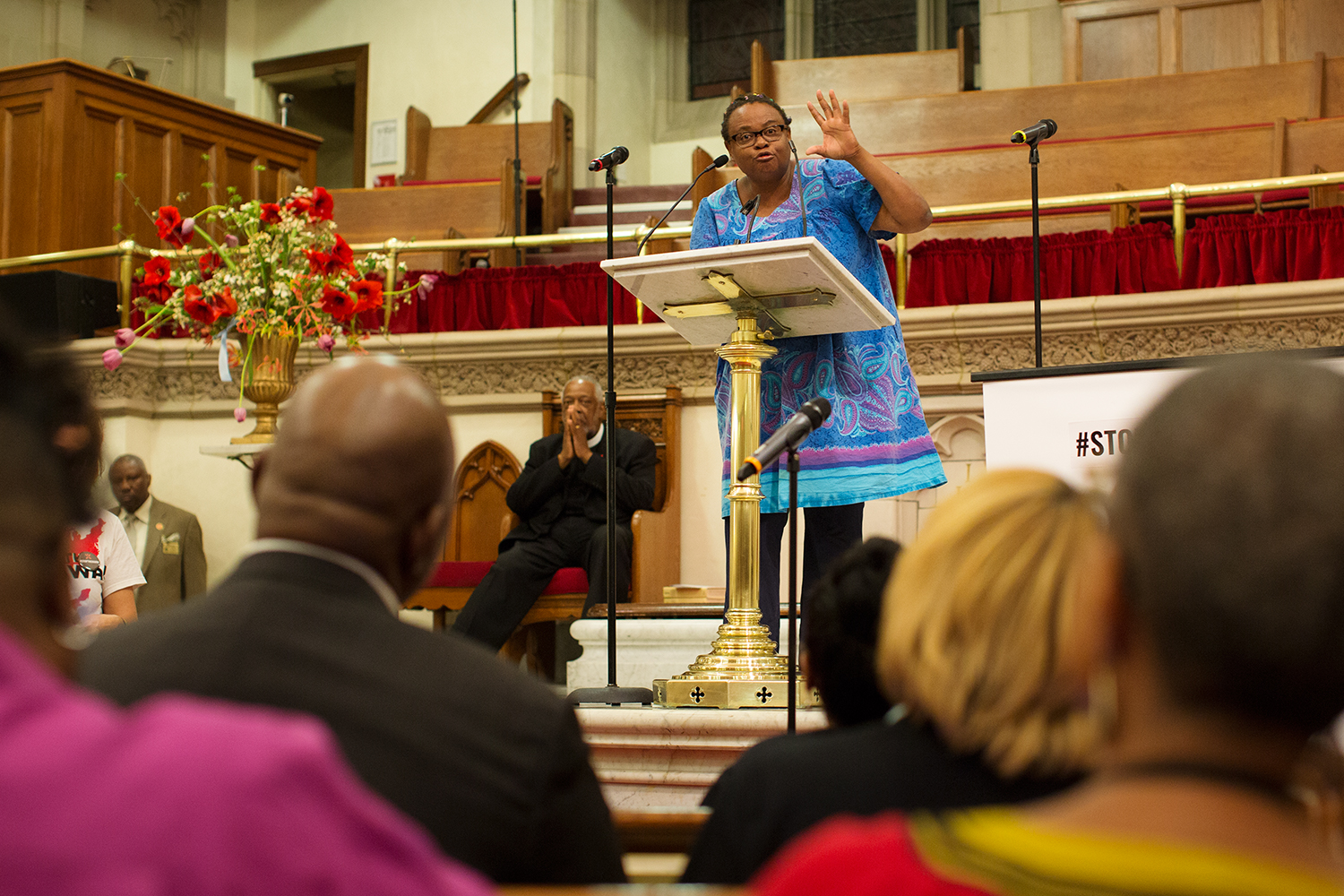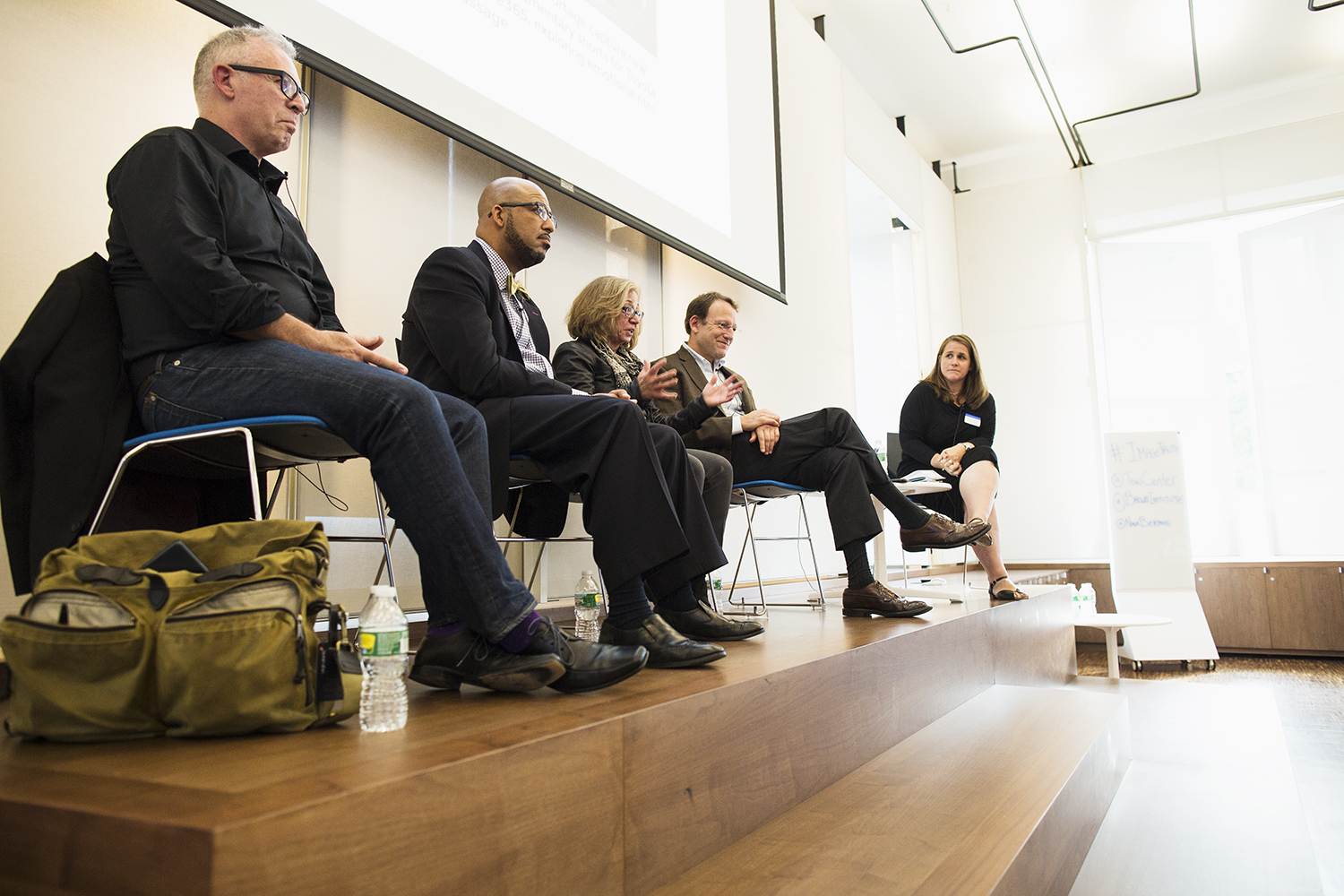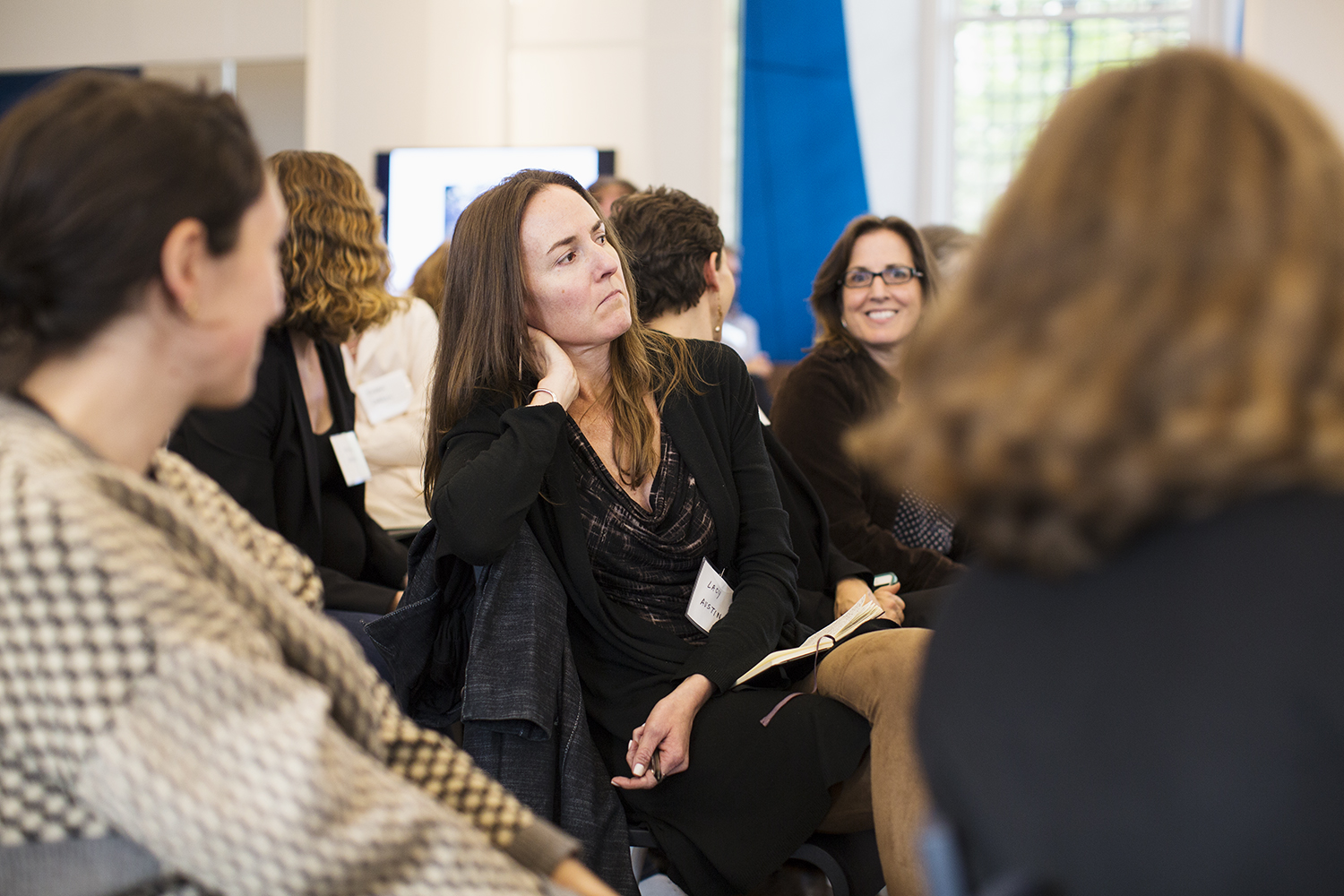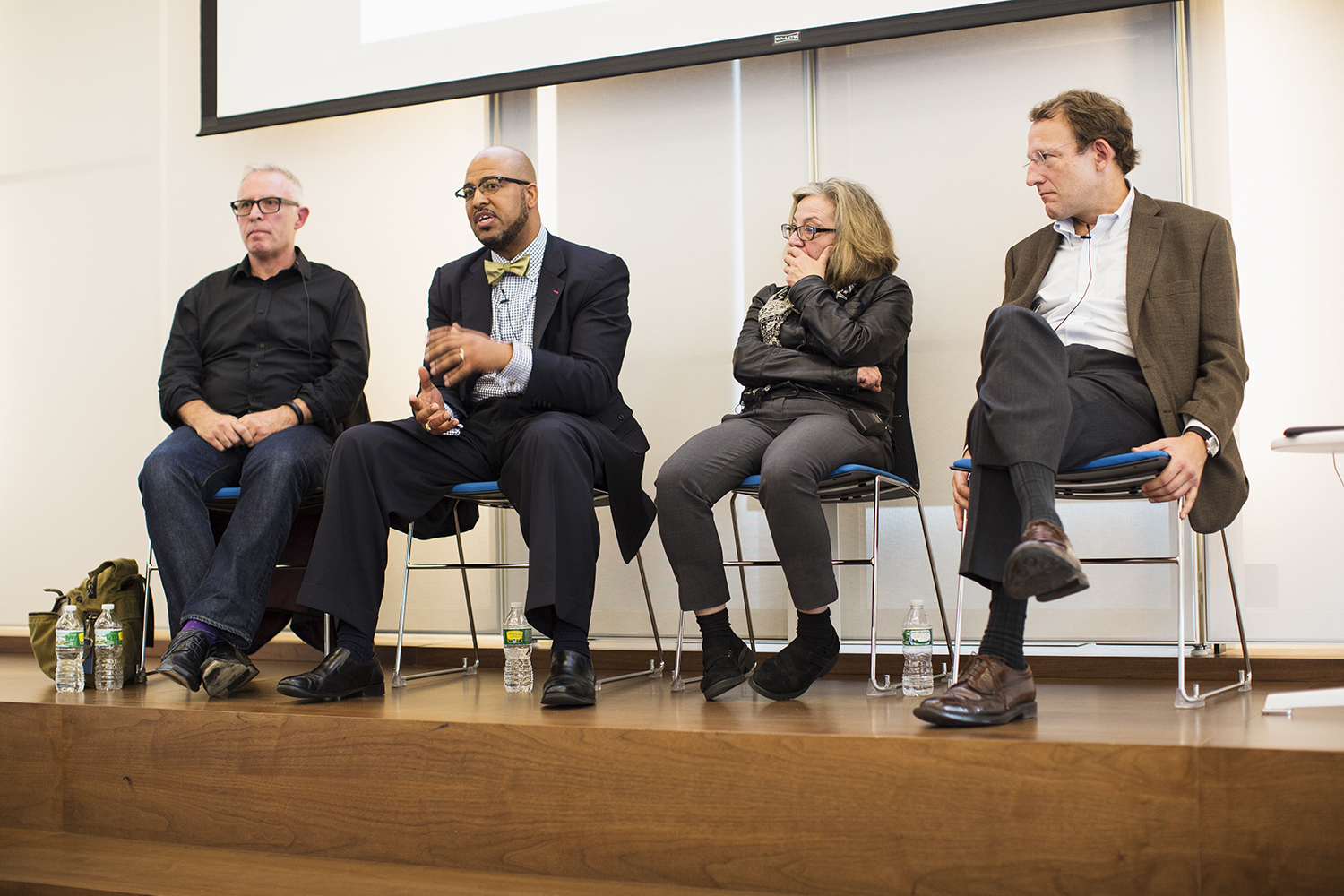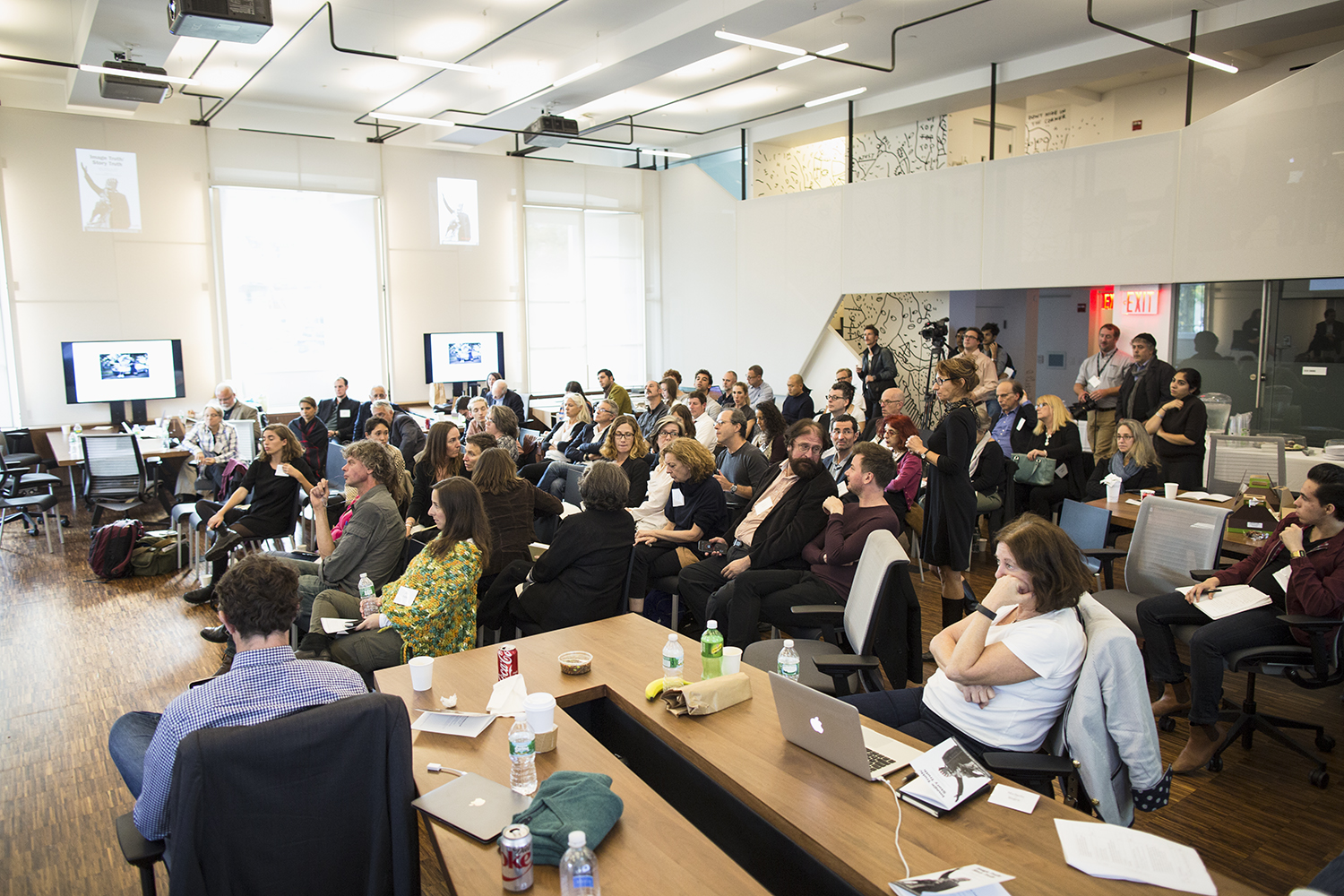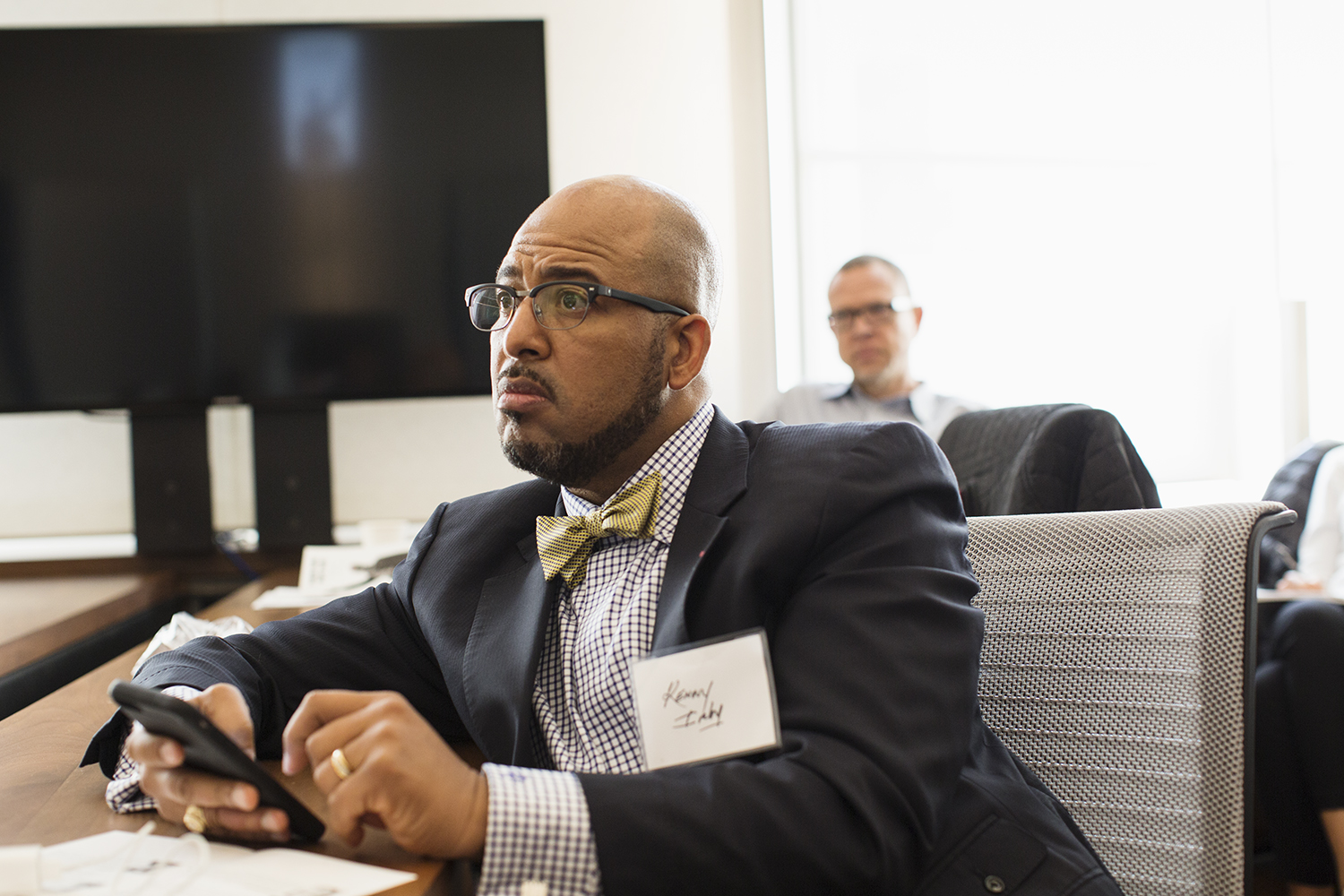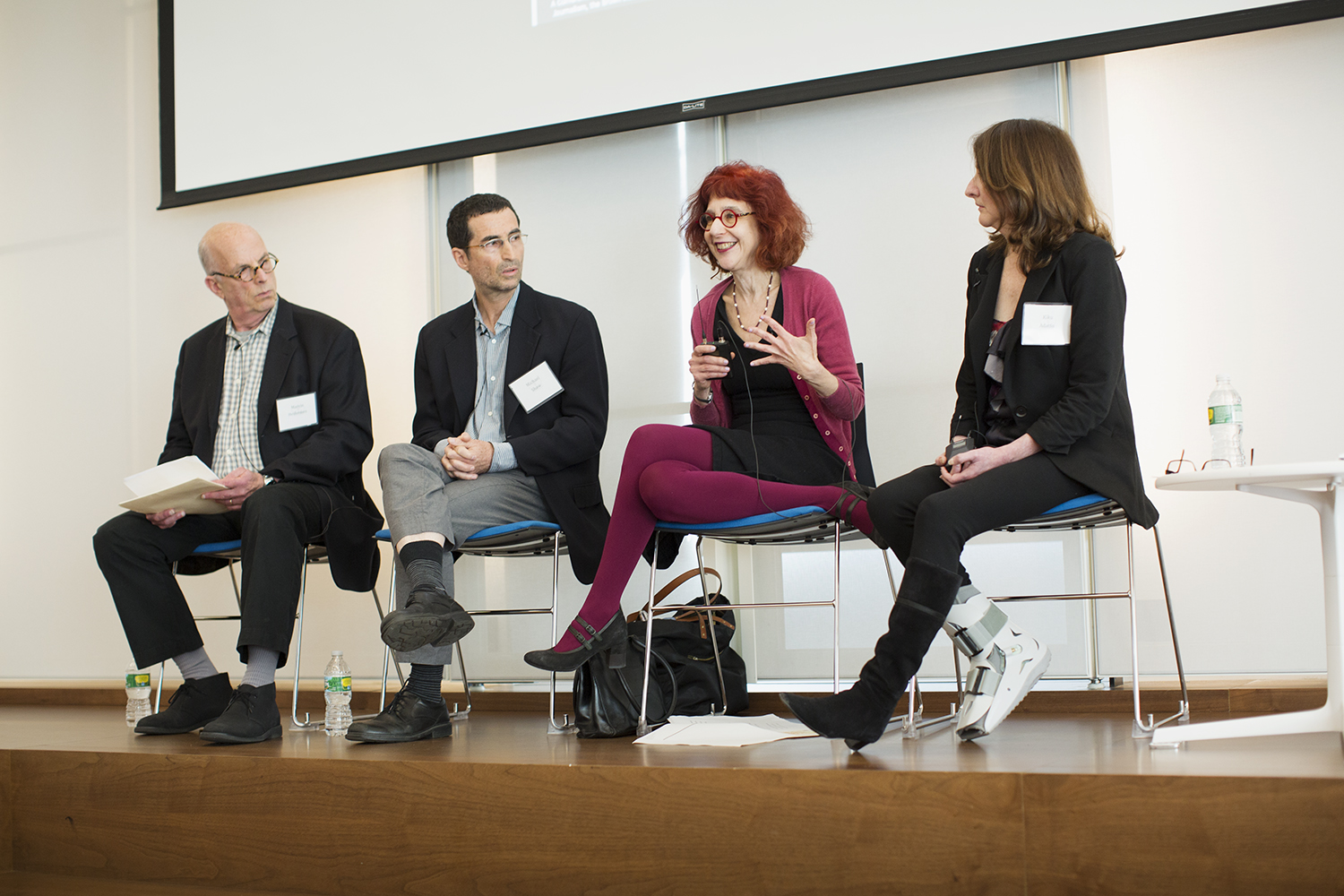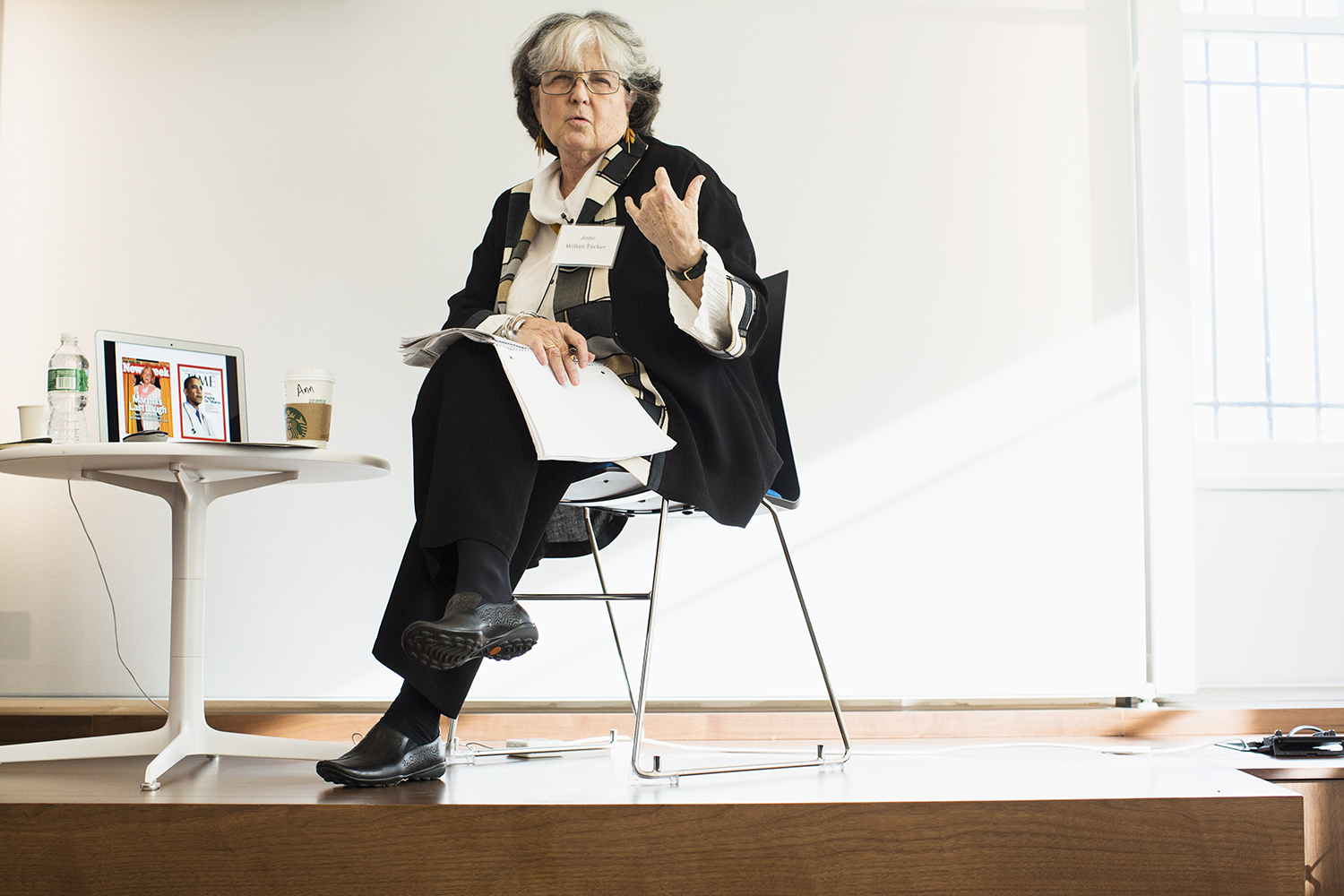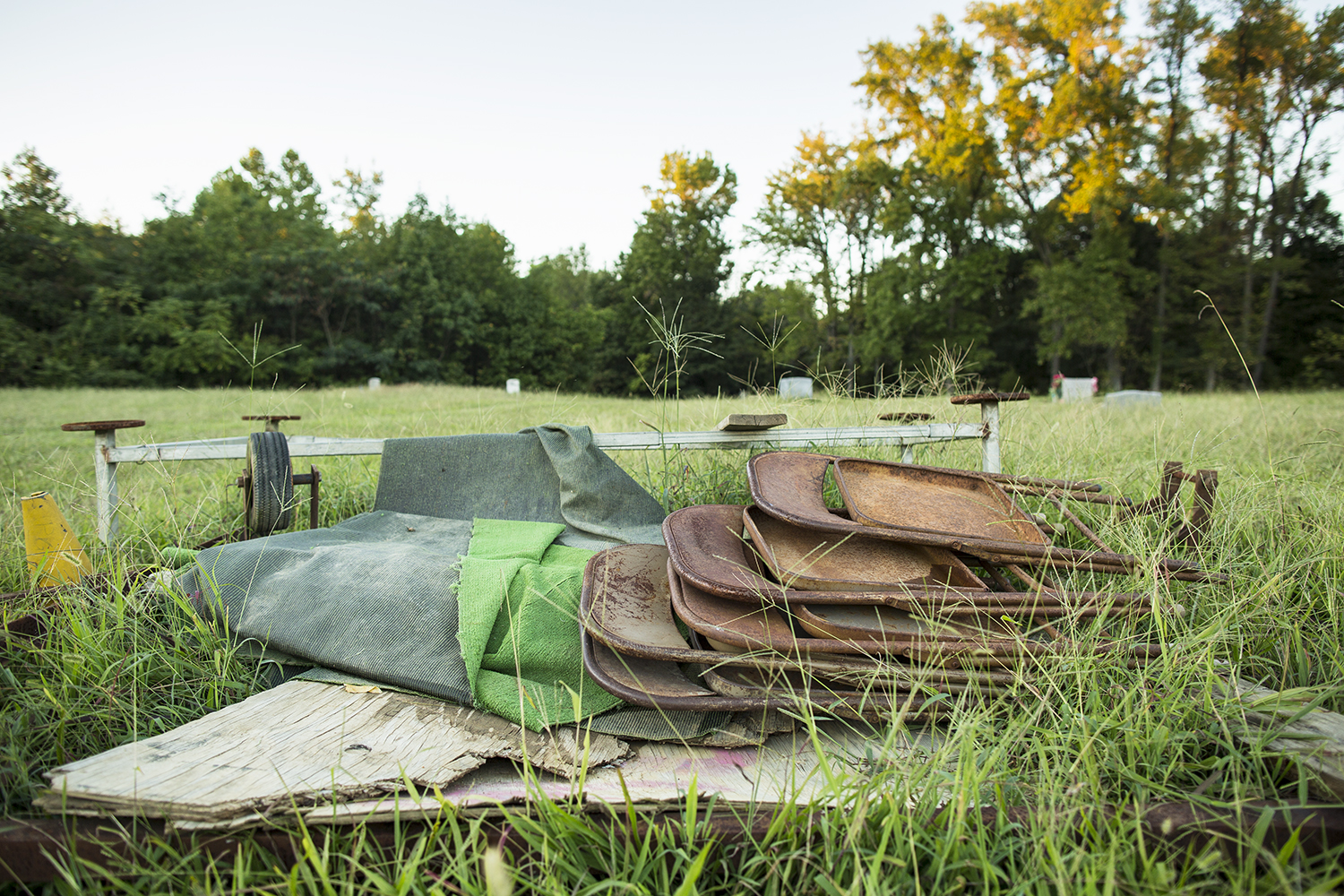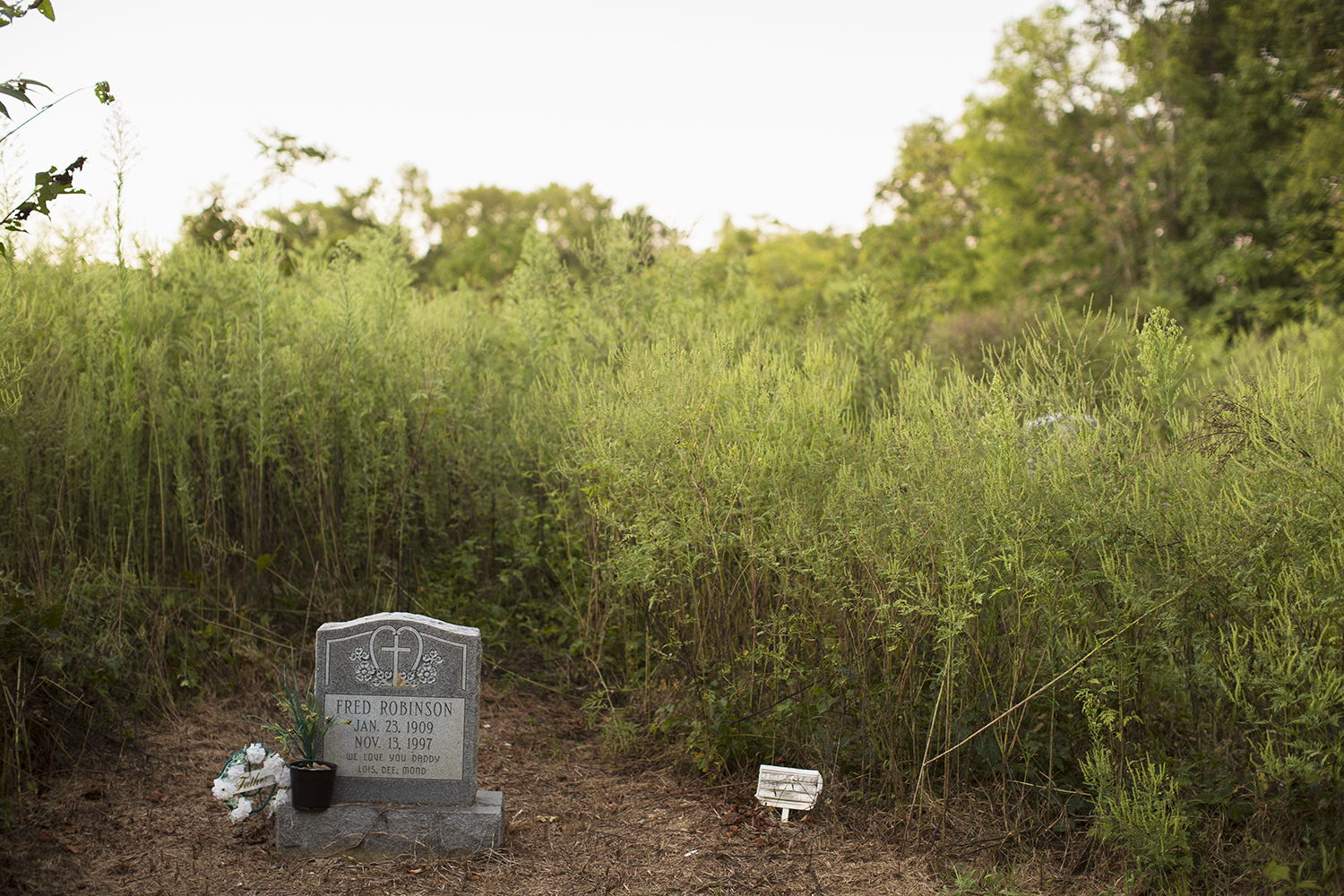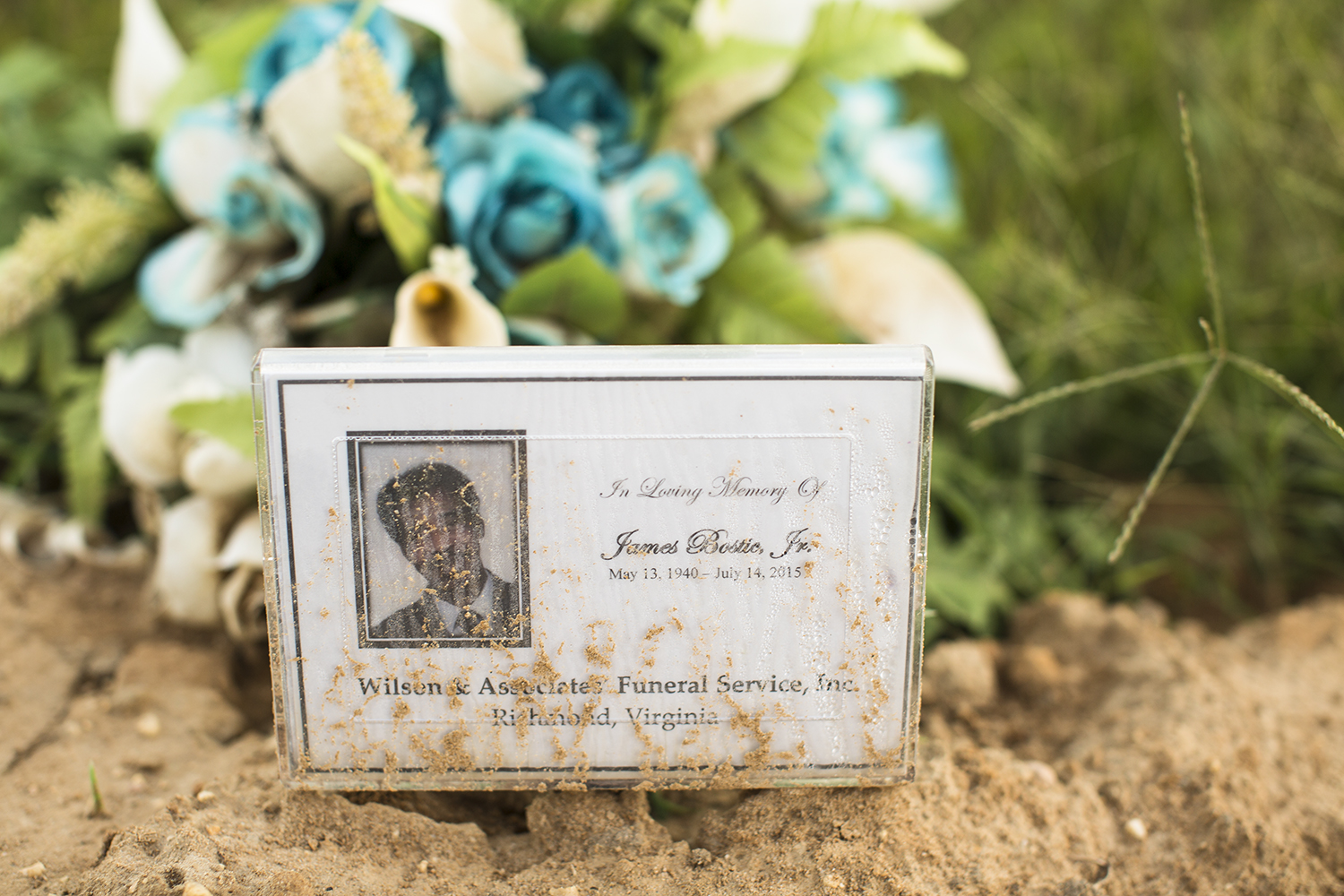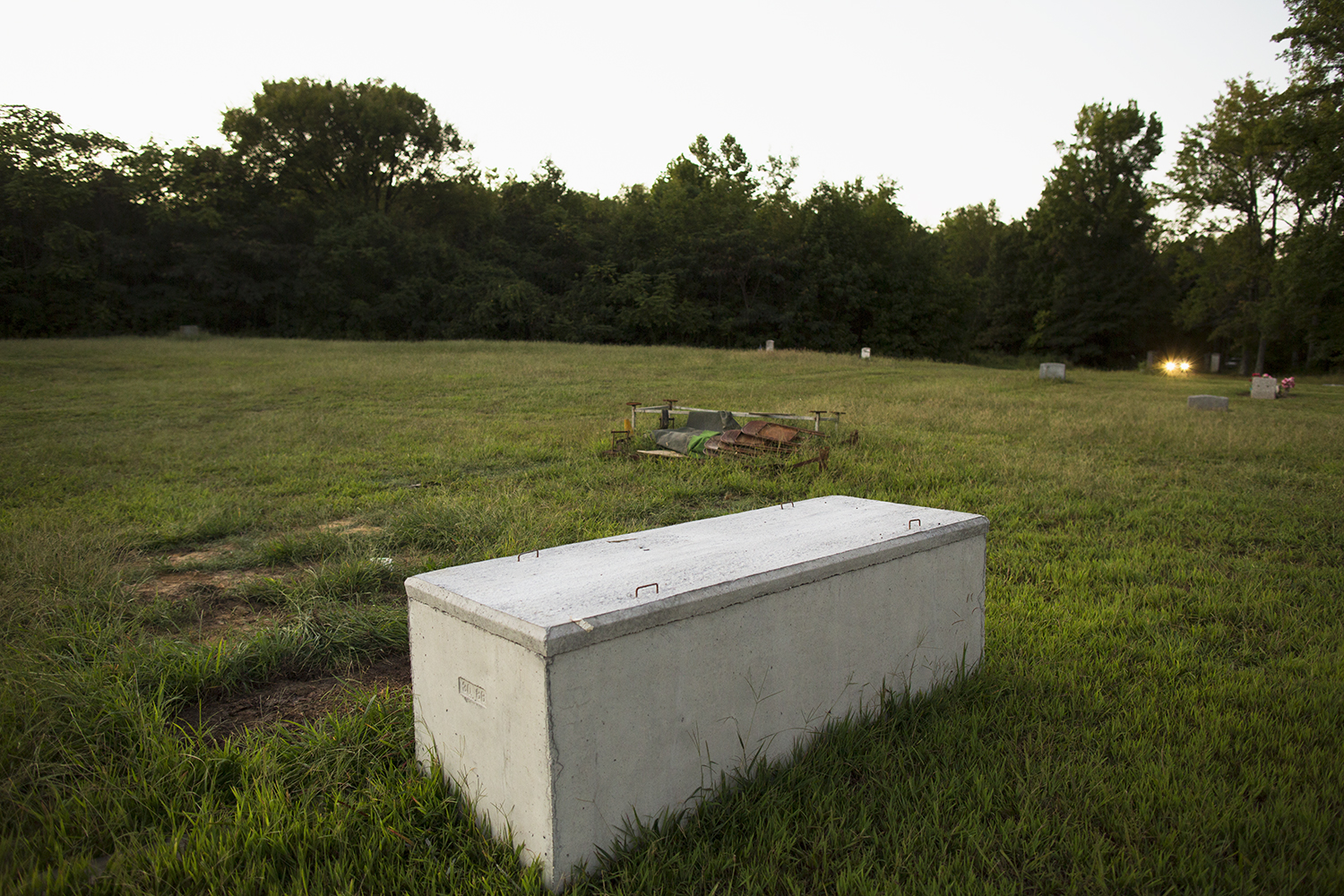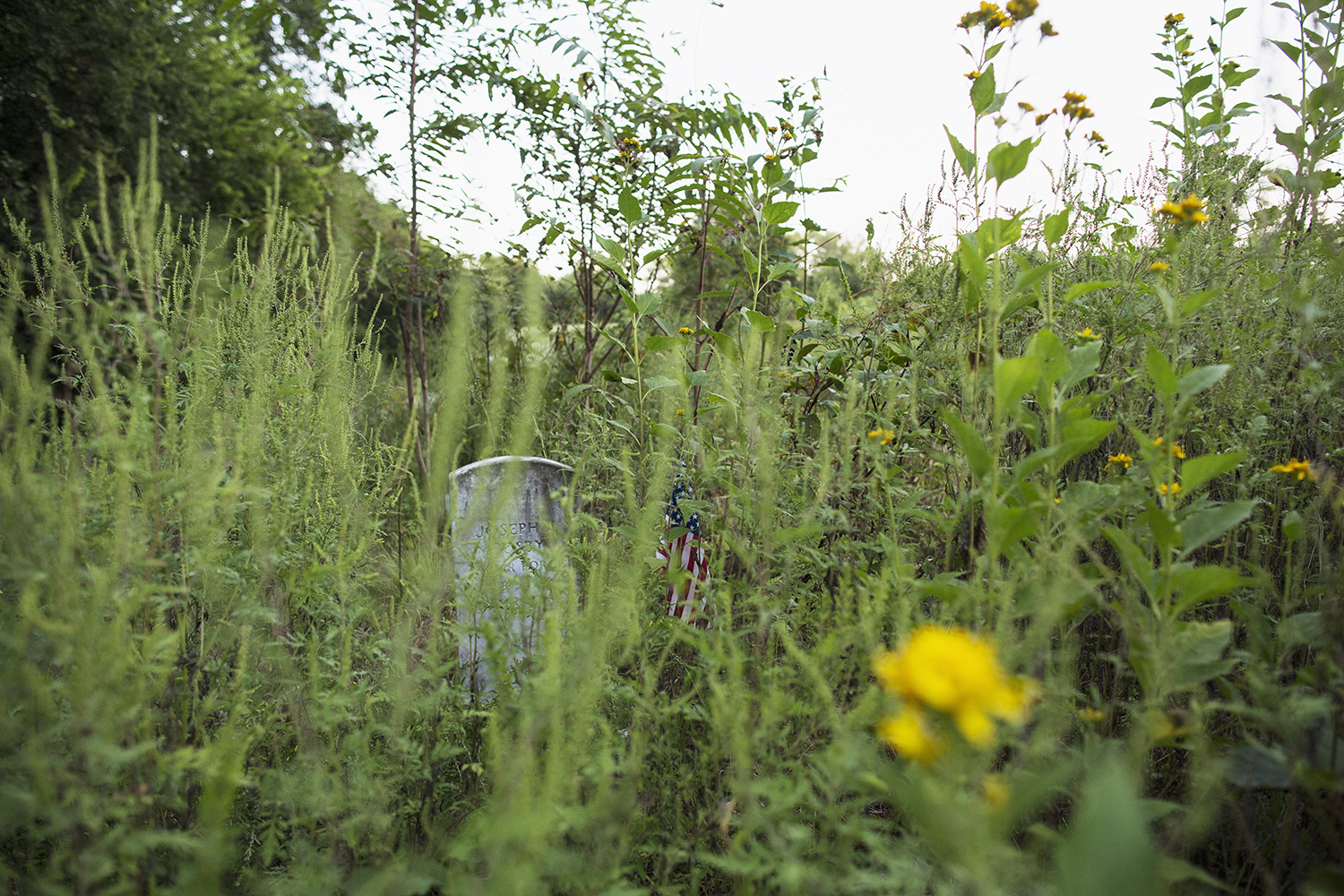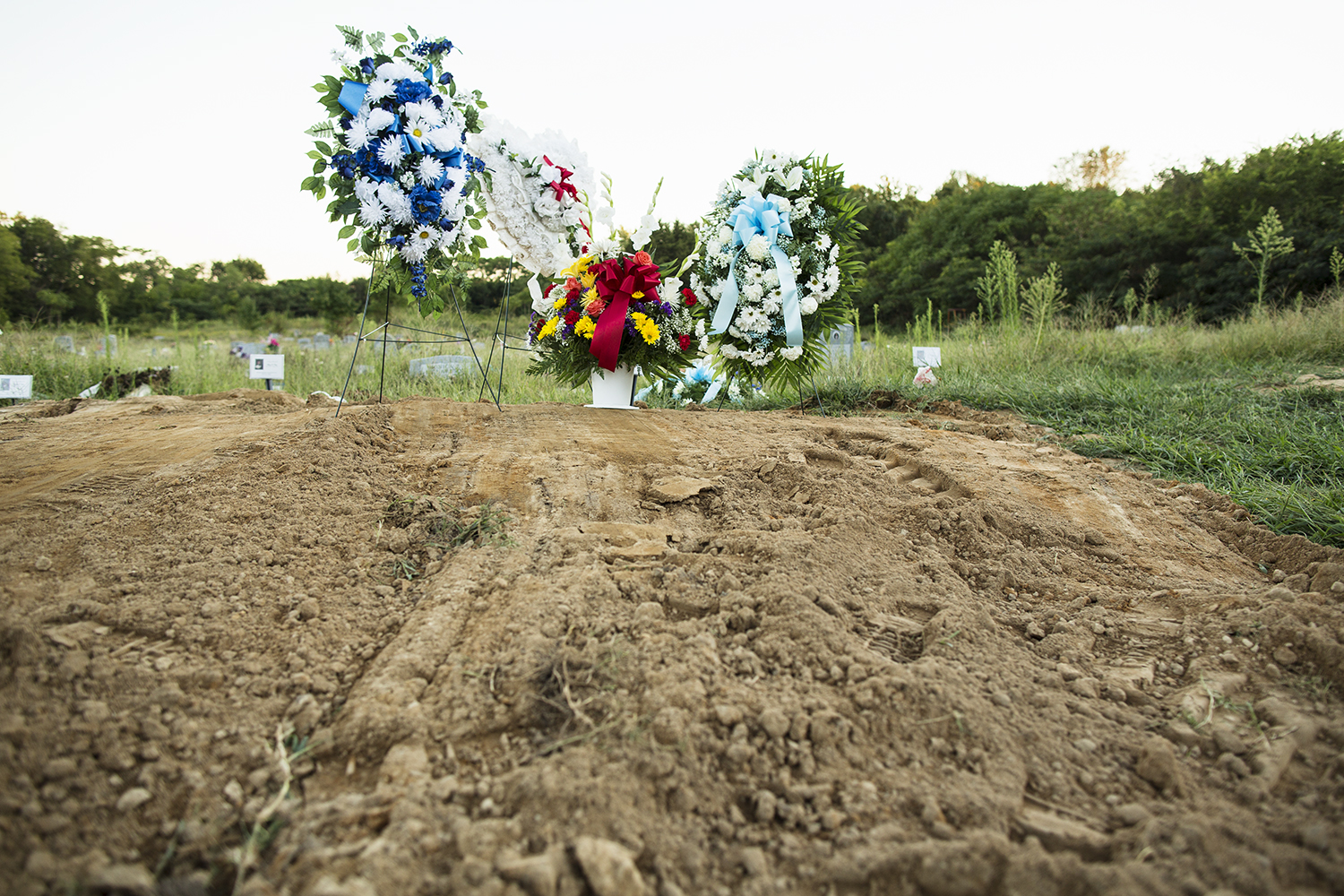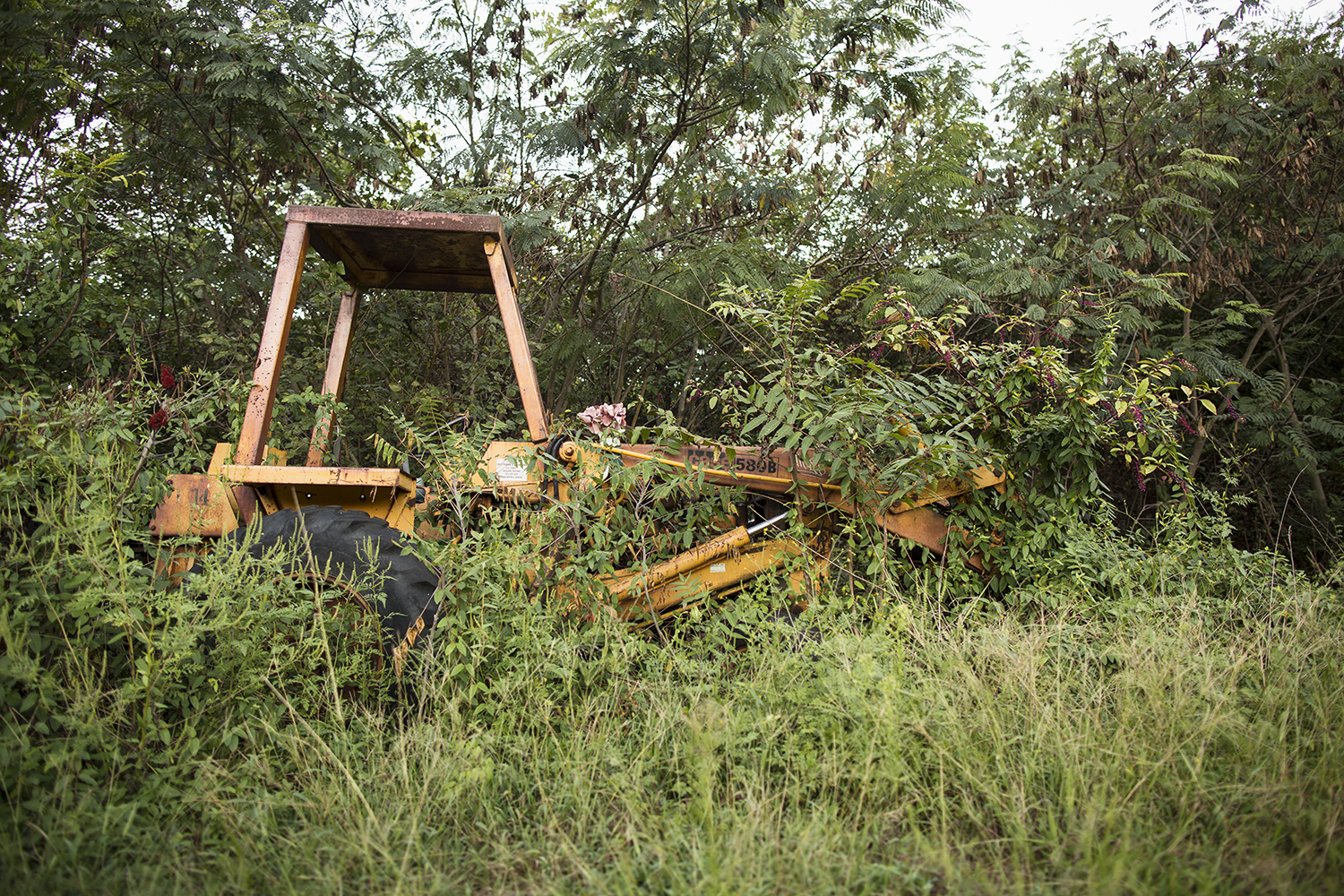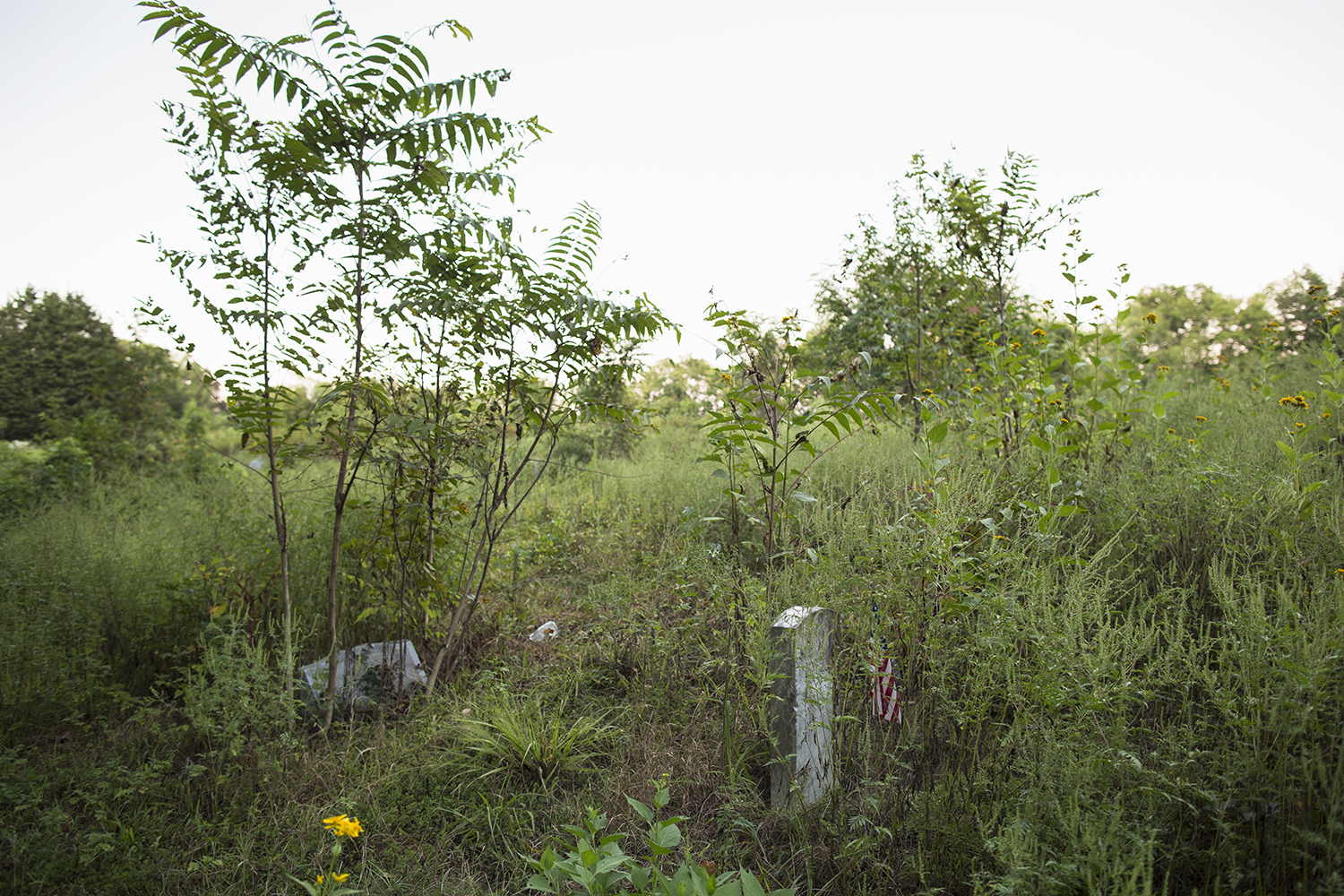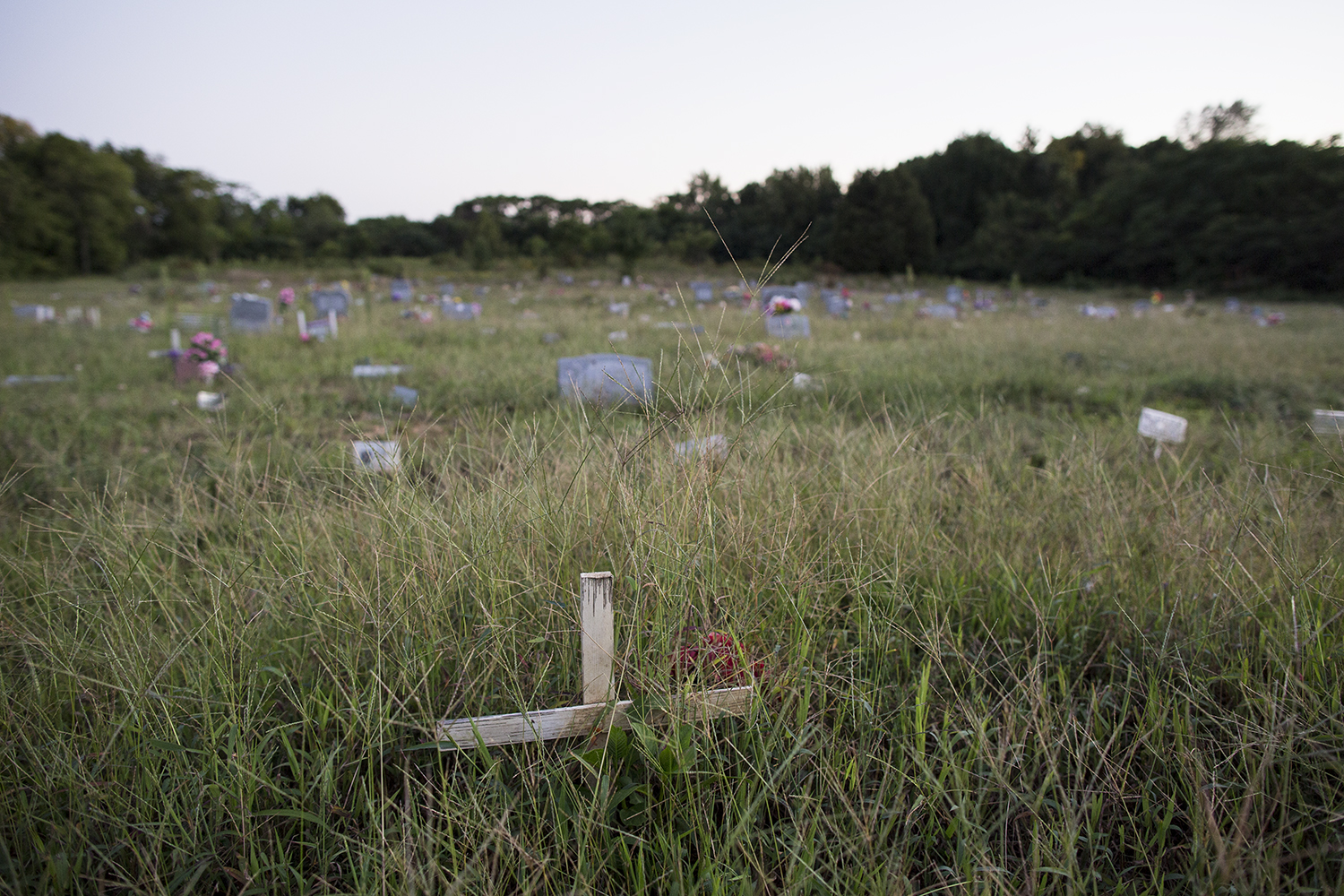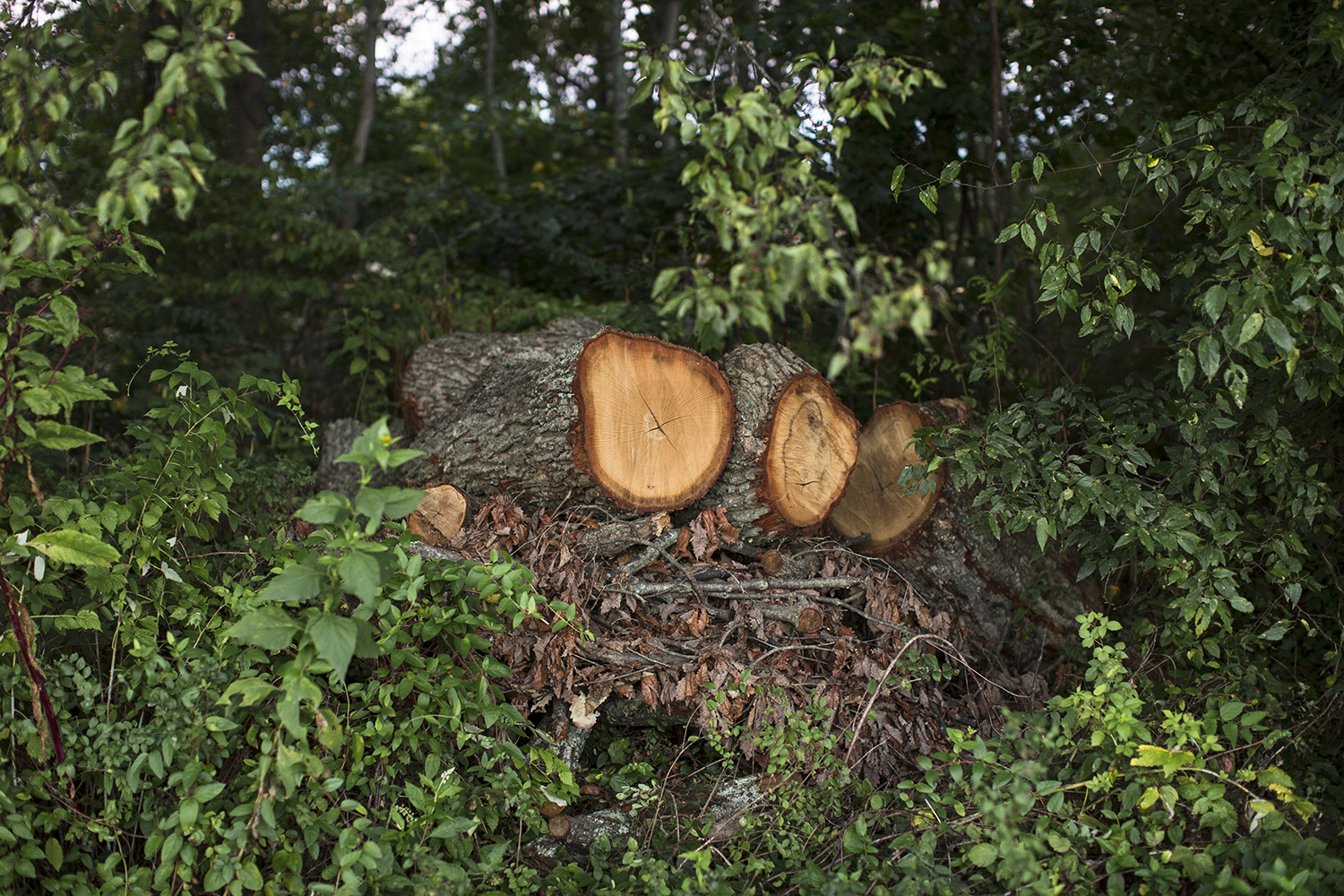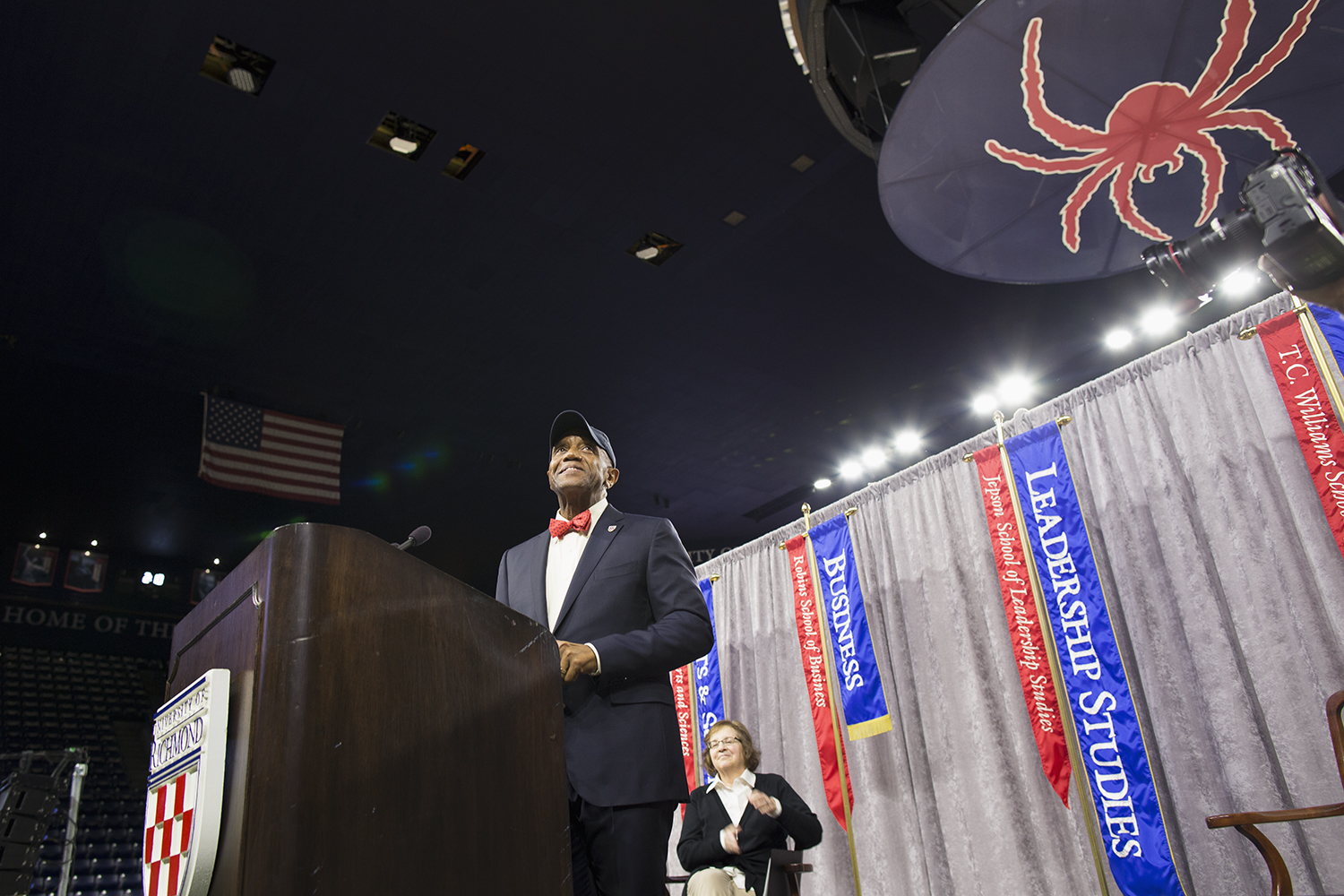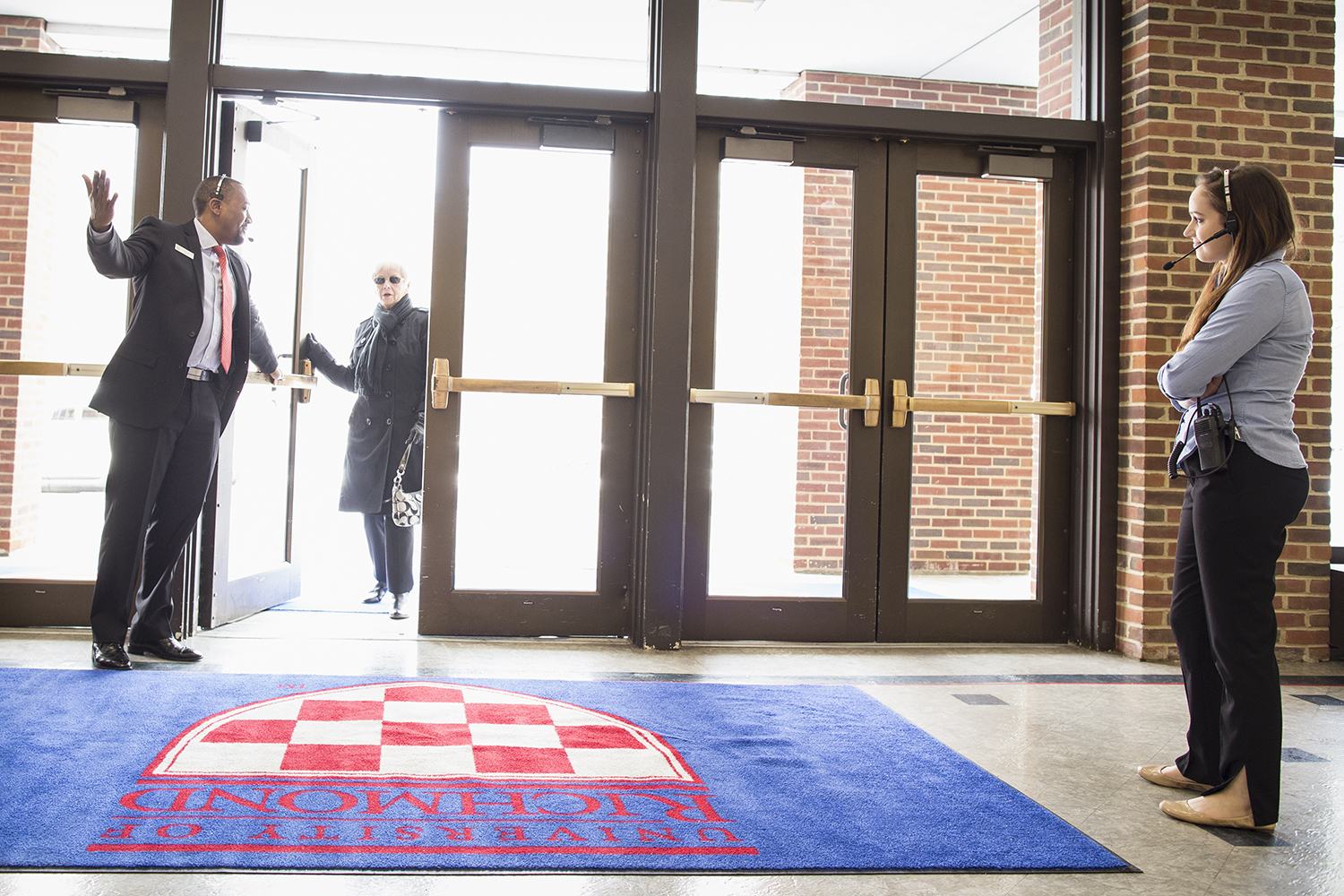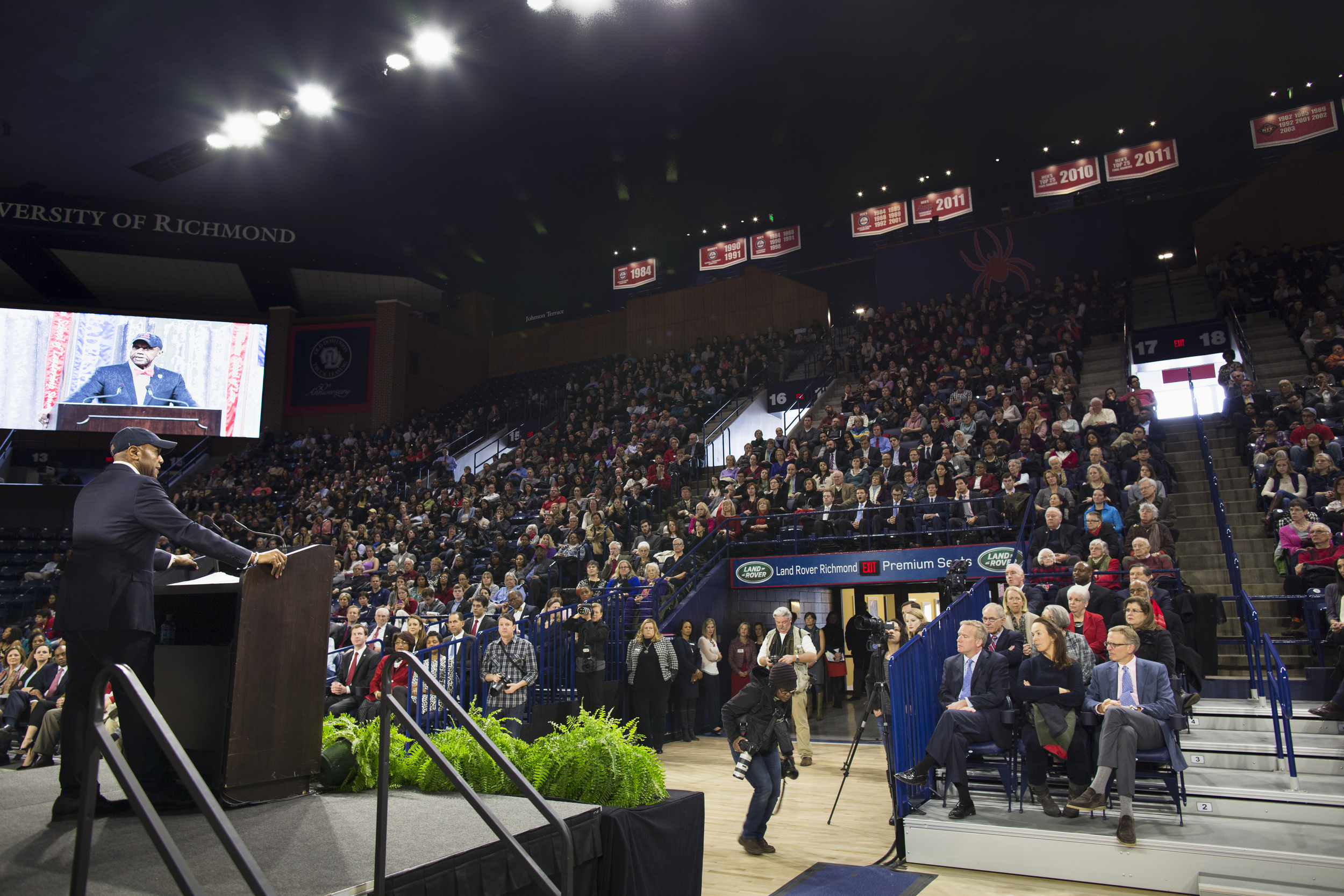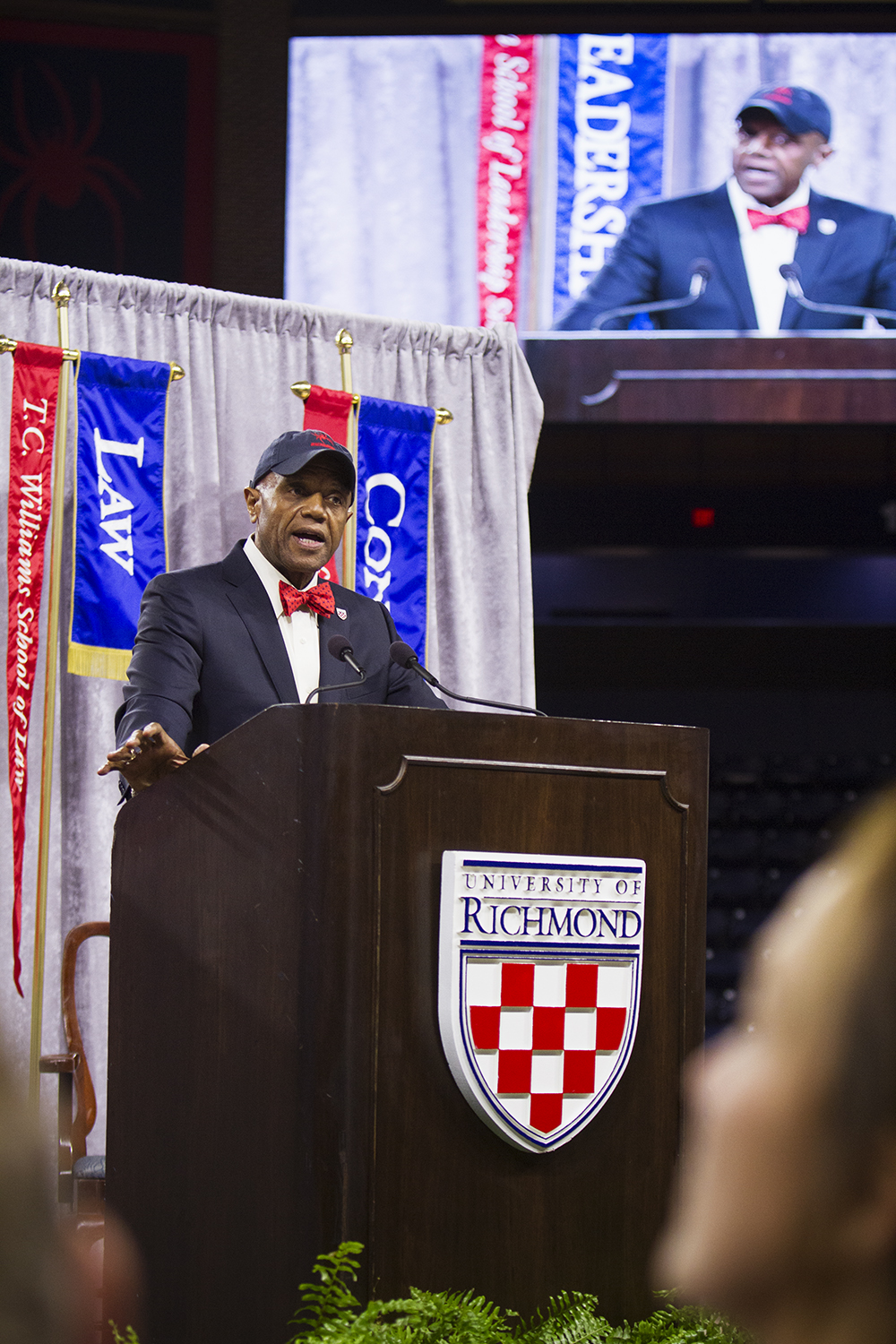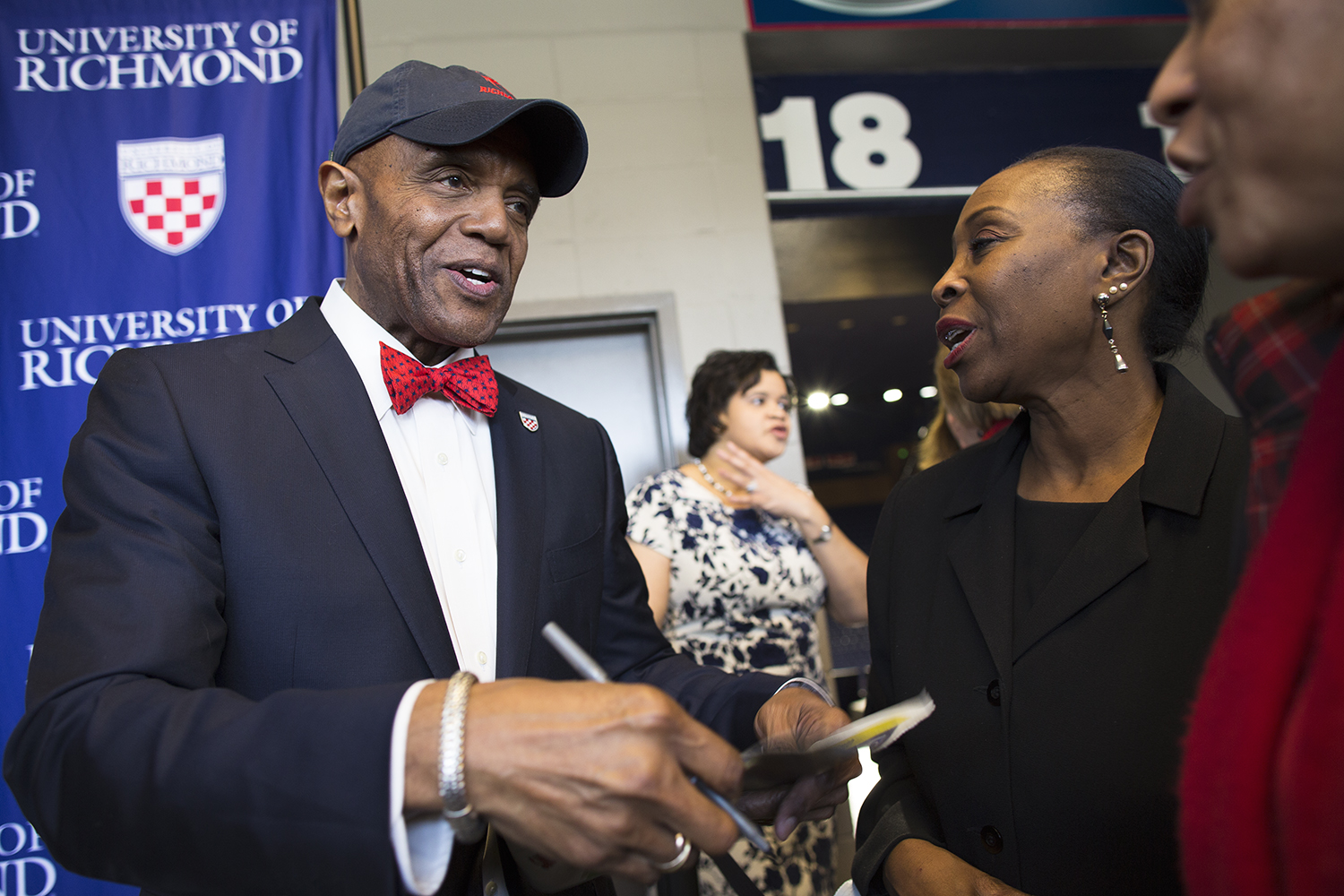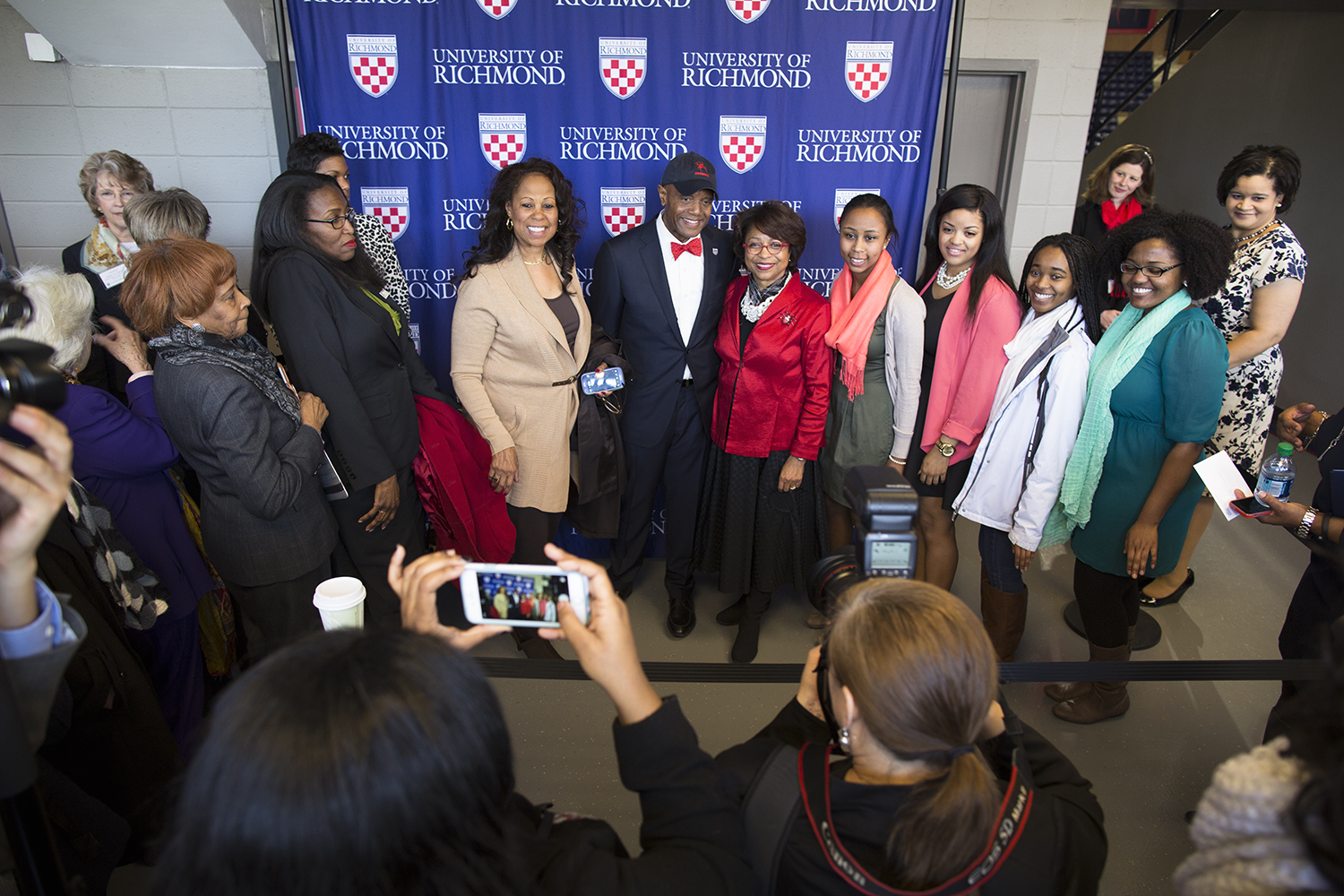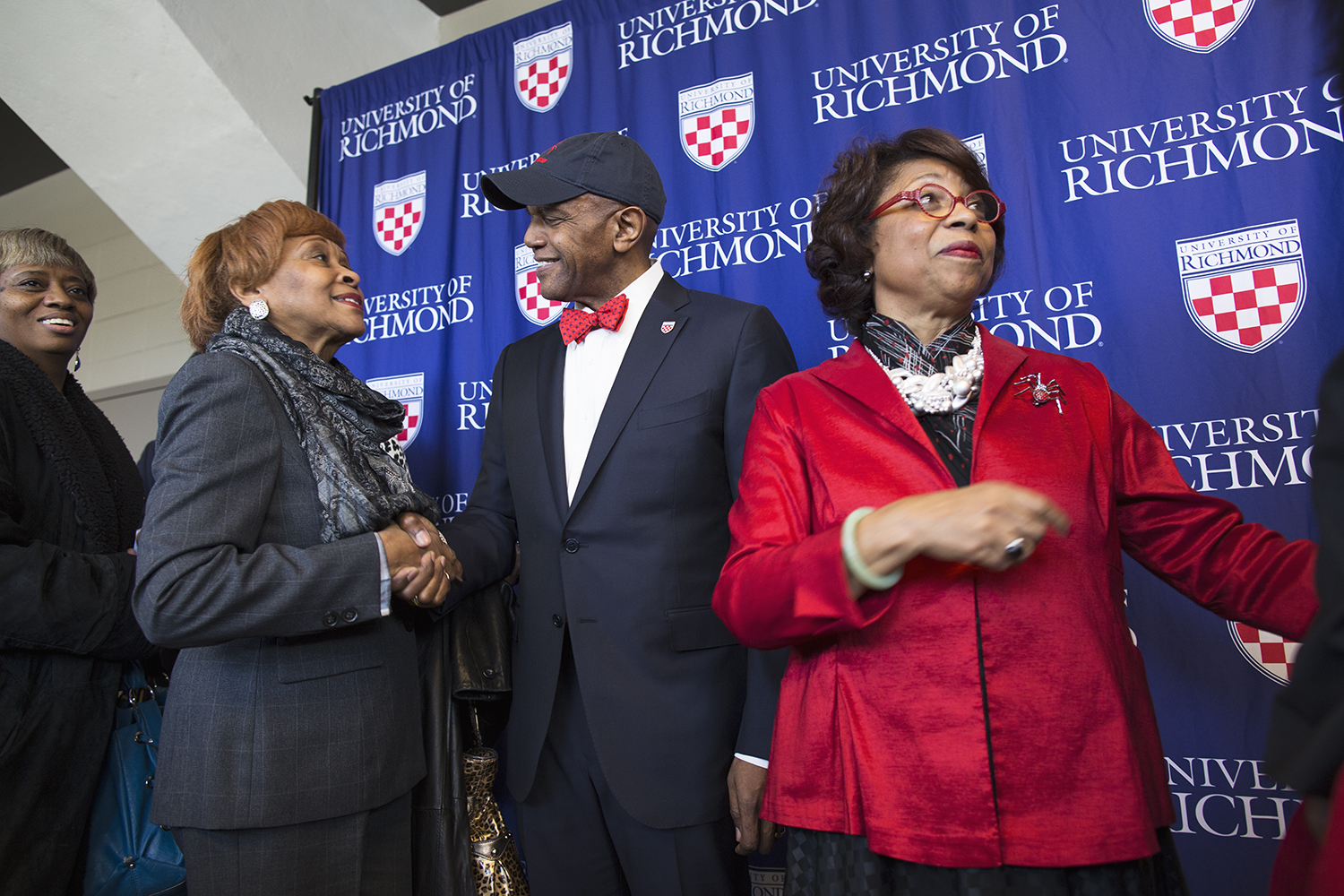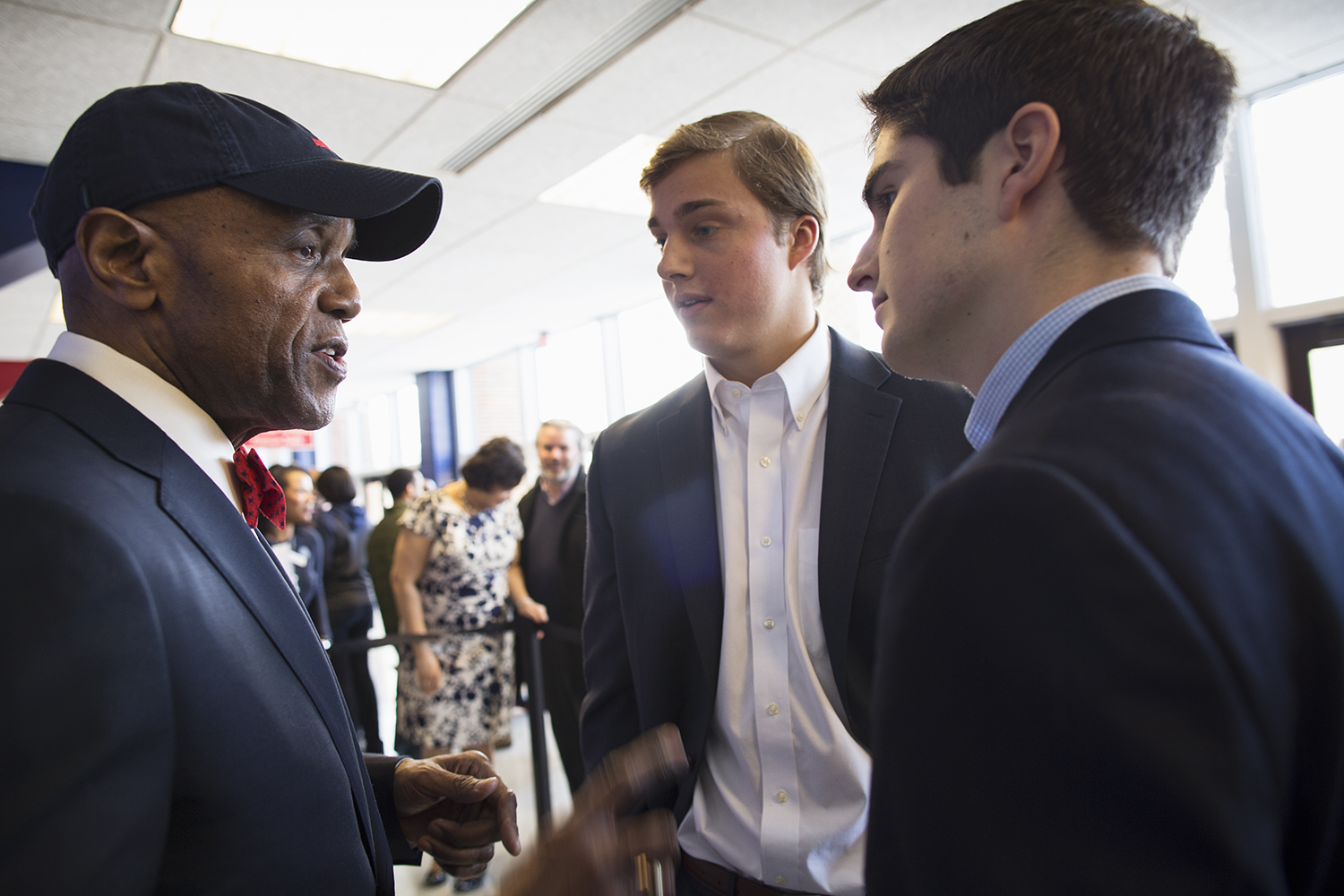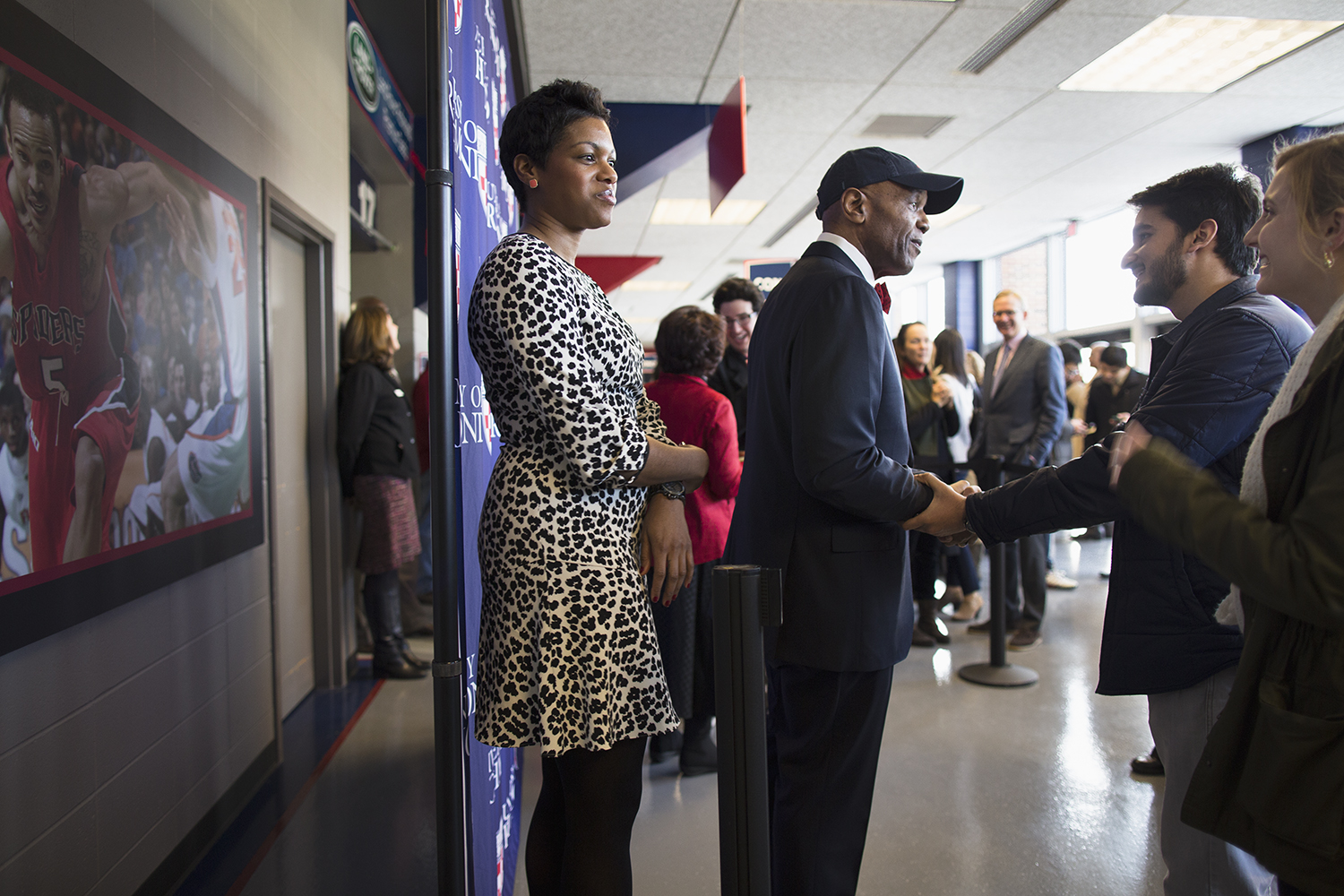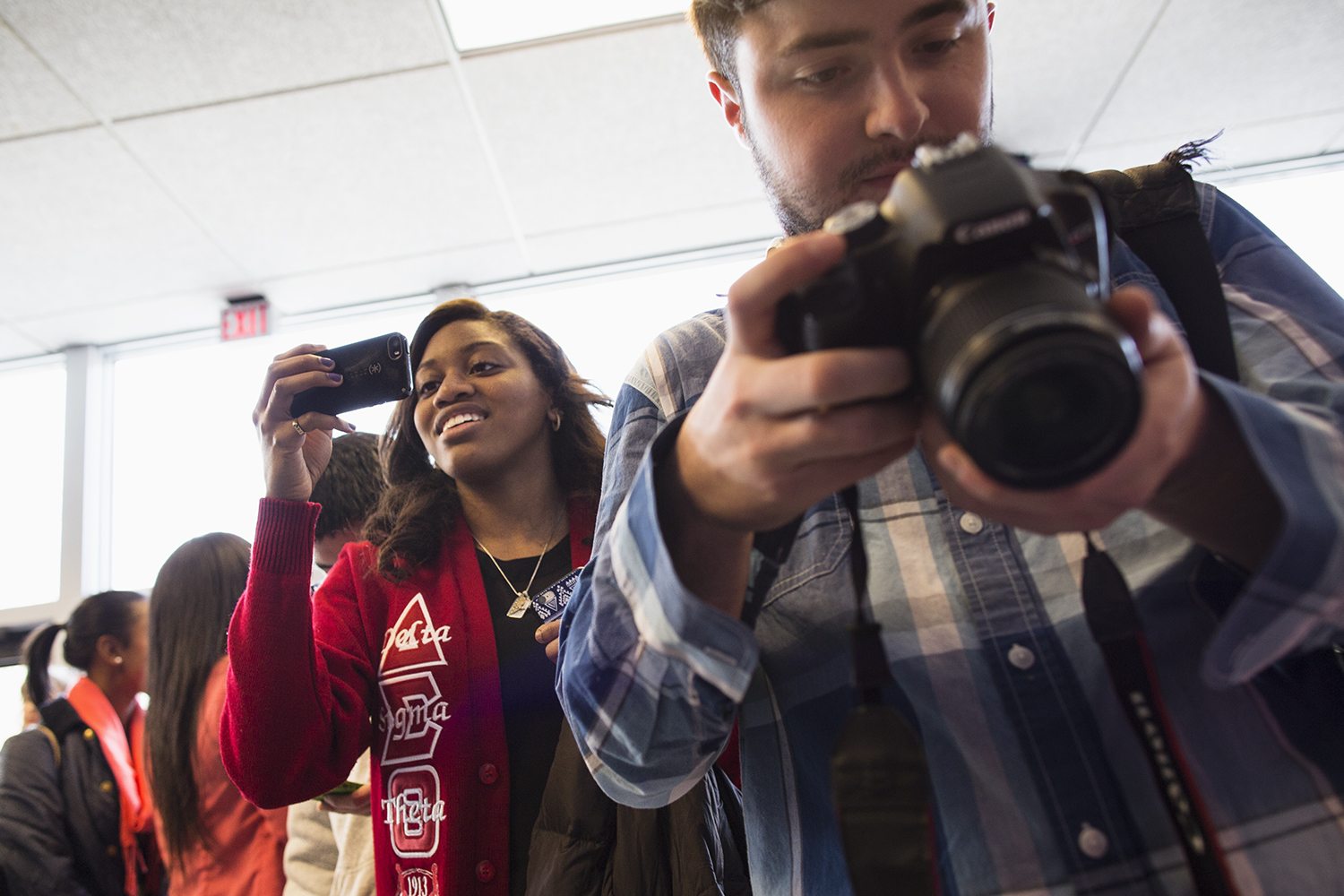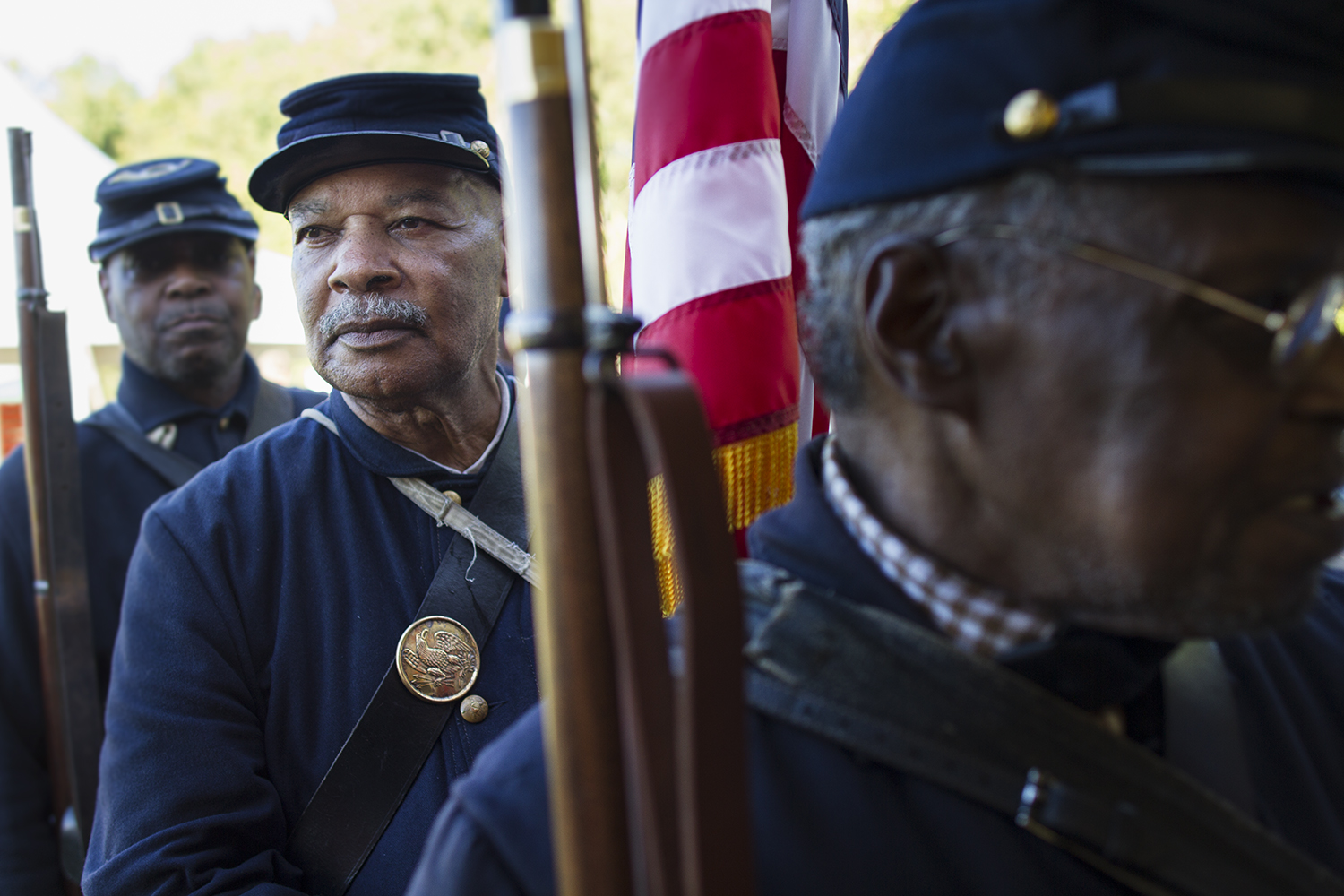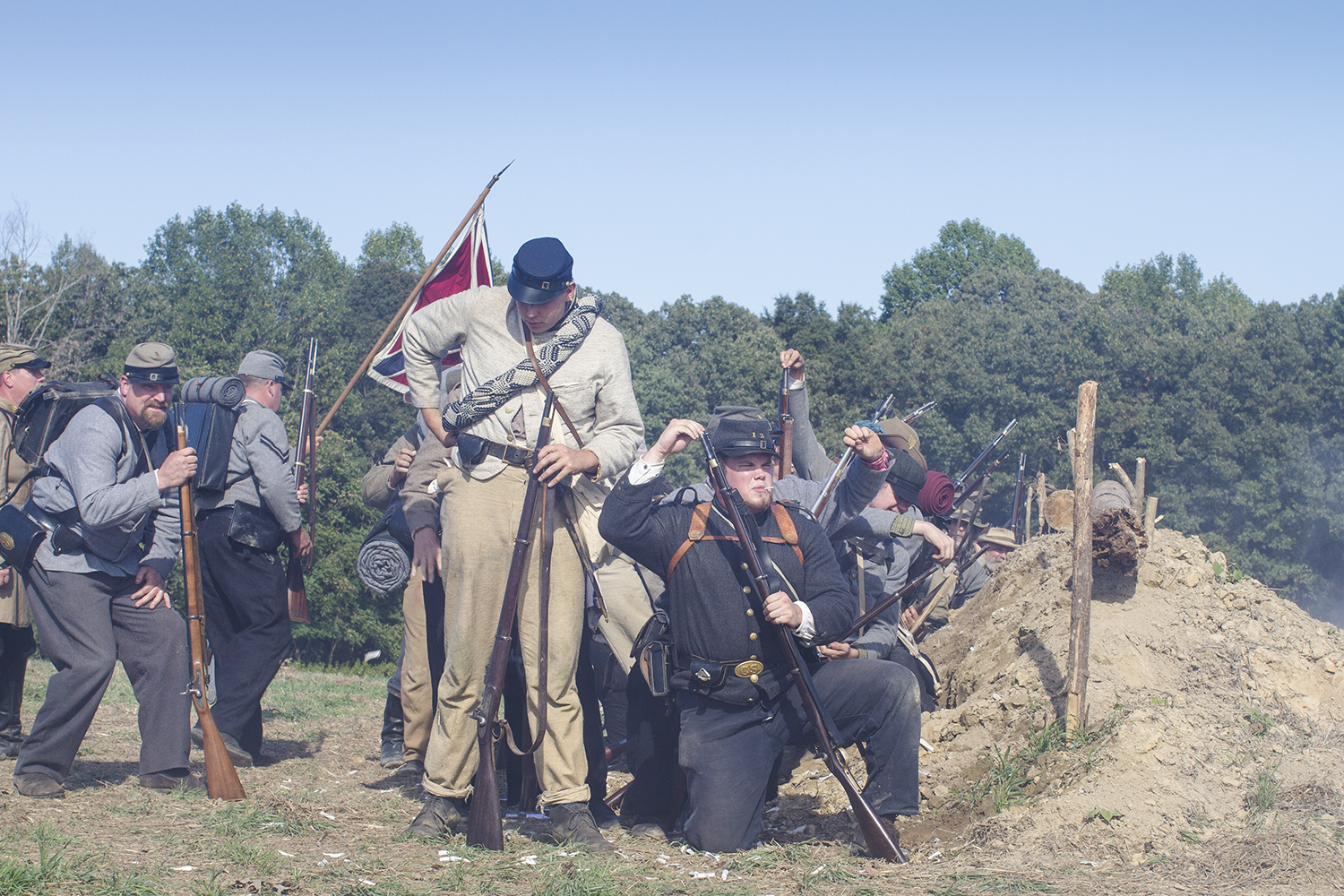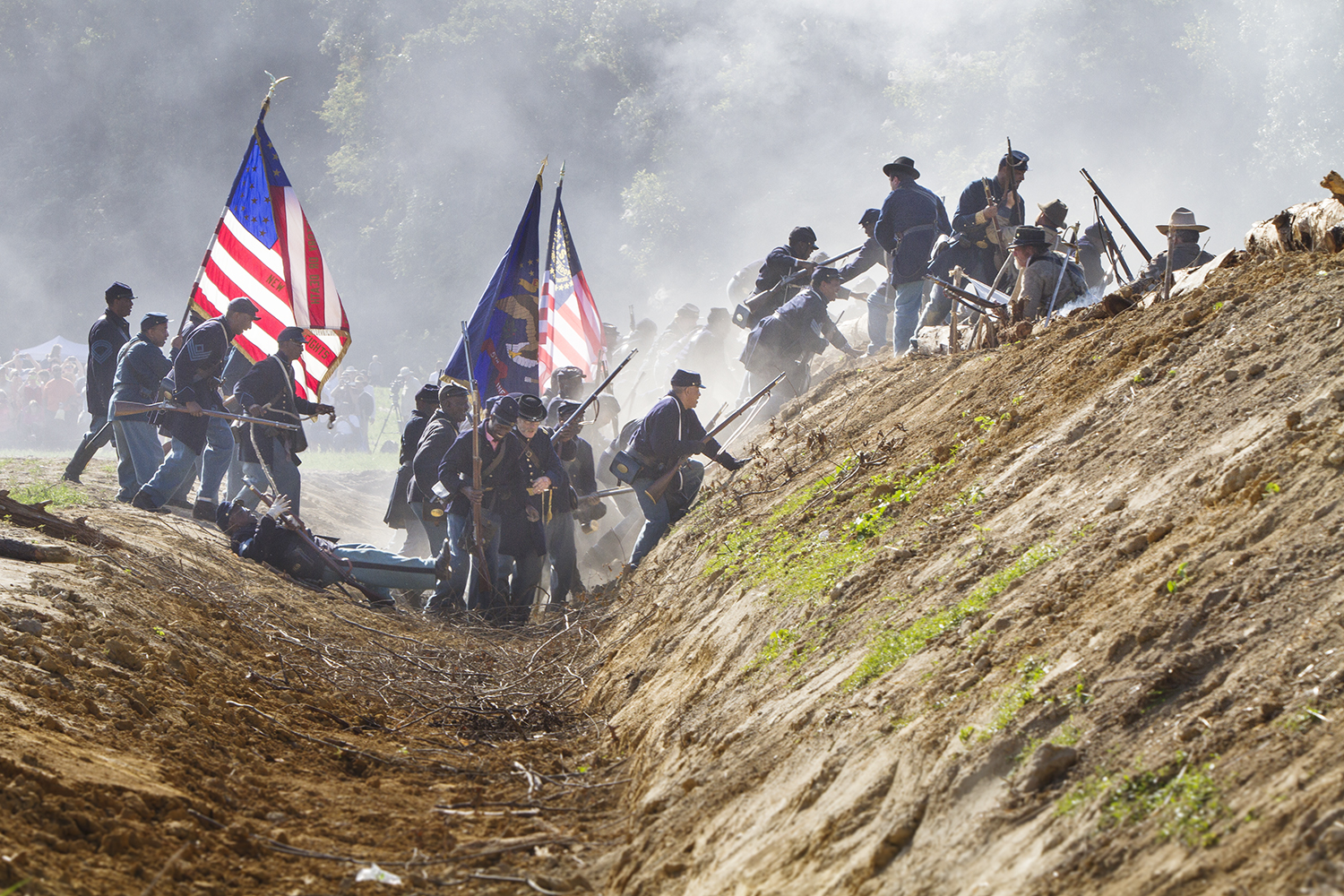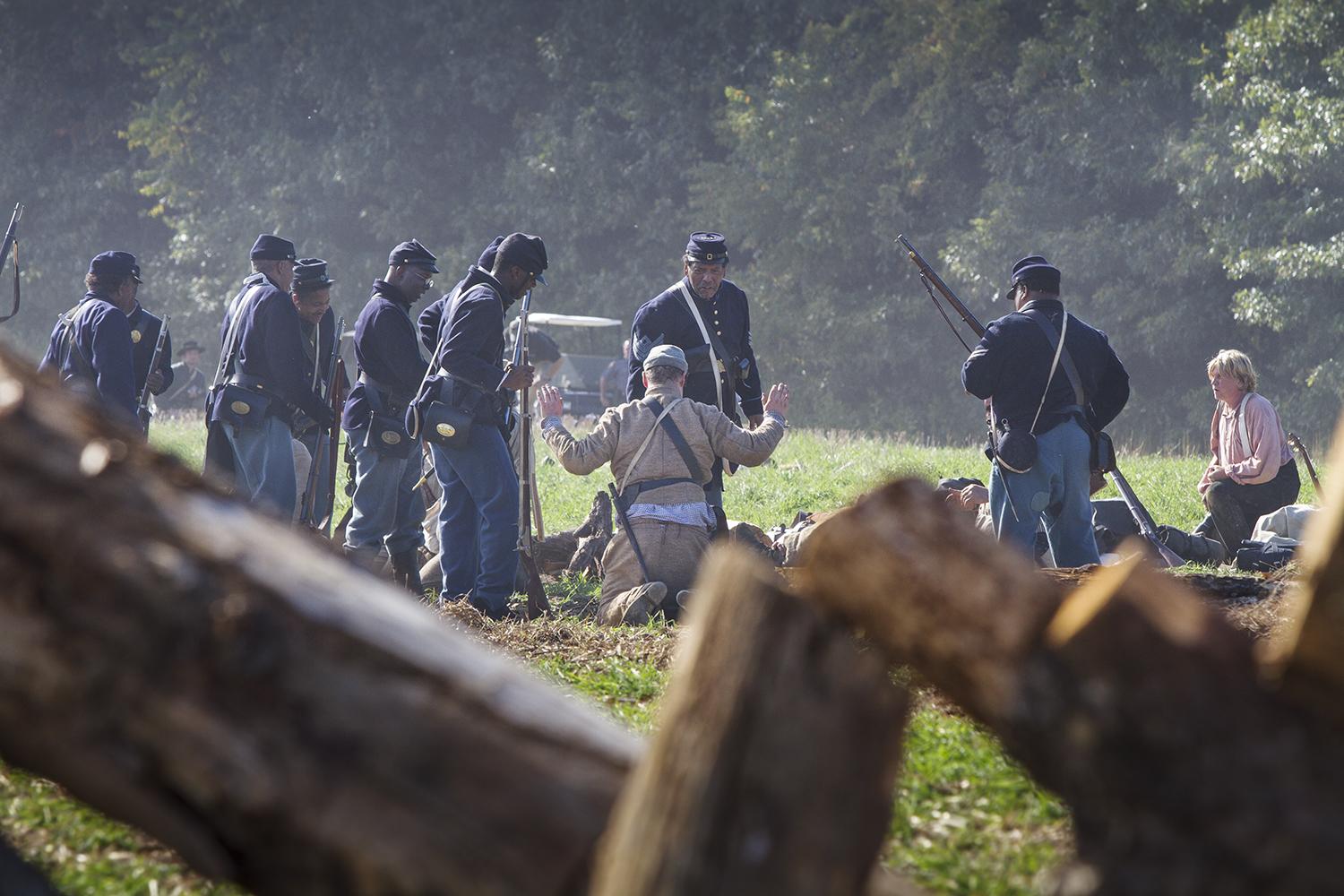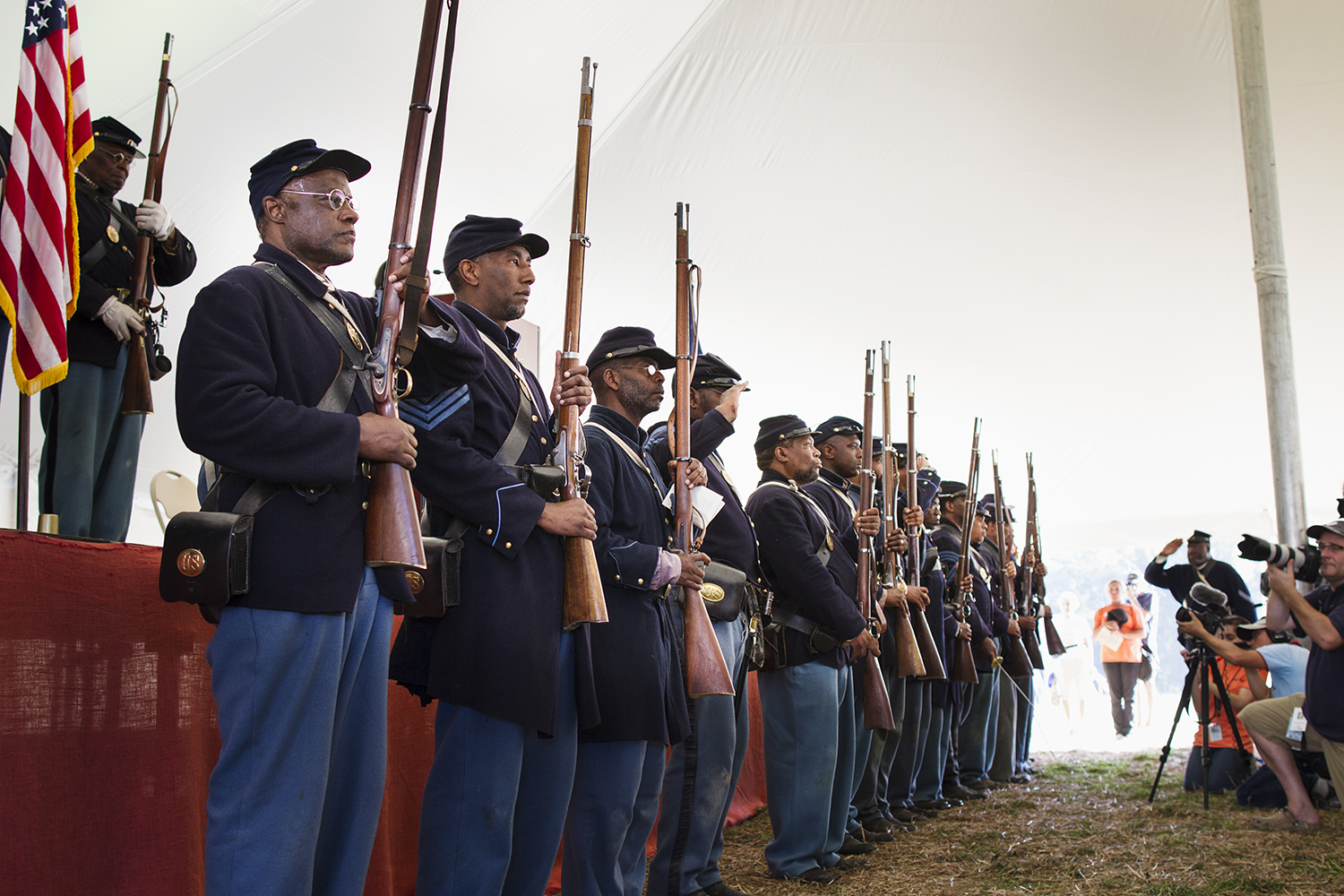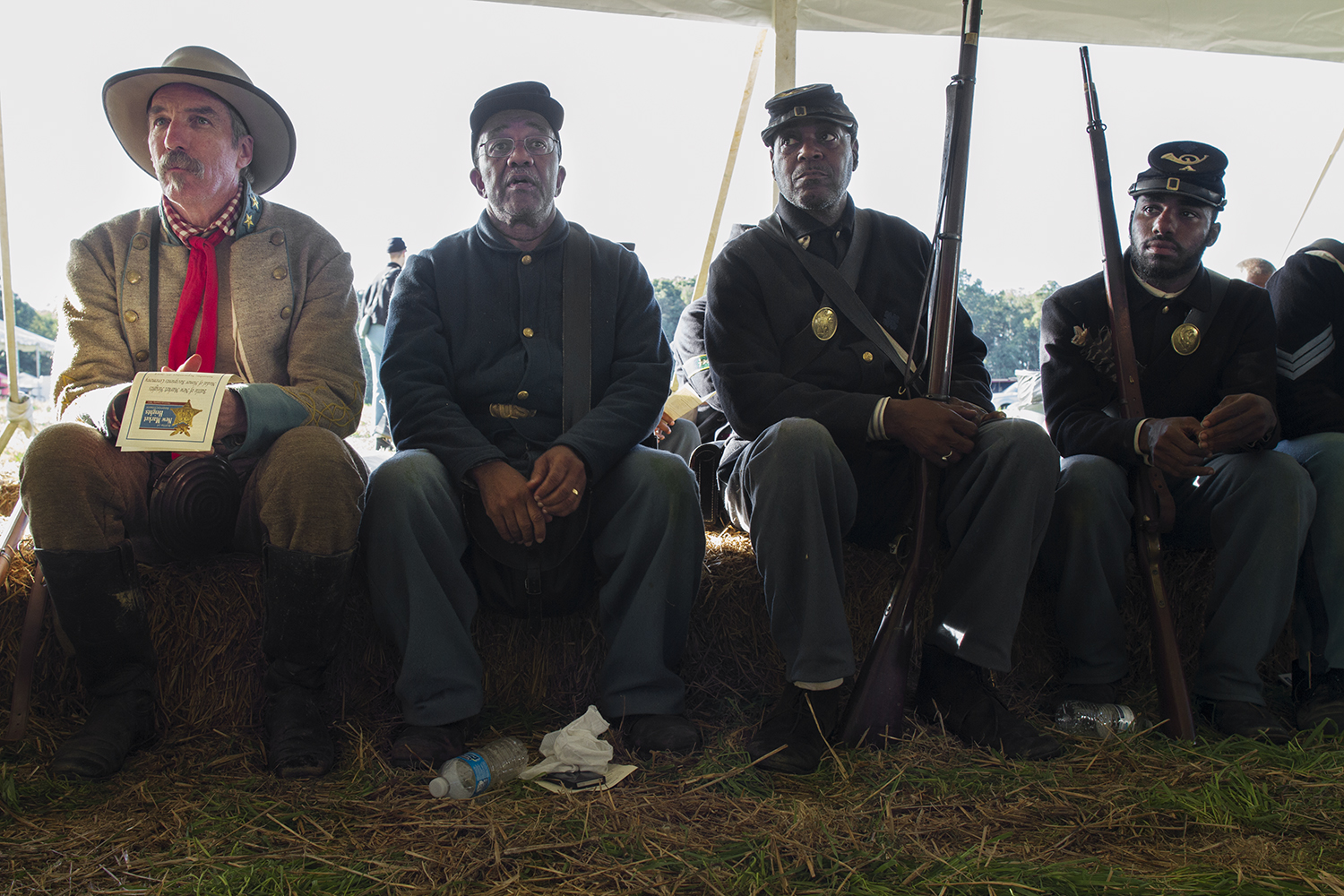A couple of days ago a thread on a closed Facebook group for journalists of color stopped me in my tracks. A Medium.com piece, "Where Are All the Black Photographers?," by an educator and image-maker named Ron Cowie, a white man, triggered a roaring response from... black photographers.
Cowie made a list of the black photographers he knows—the last entry was "this guy I saw on 60 minutes who photographed Jazz Musicians back in the 80's"—and by his own reckoning, came up short. He did some Googling, which didn't produce the bounty he must have been hoping for. "It’s almost like we’re looking to celebrate anything but African American photographers," he writes.
I wrote a few replies to photographers on the closed FB page, but I'm stitching some of them together here because I think the conversation needs a wider airing.
Here is what I wrote on the FB page, minus names of and references to participants in the private discussion:
I have been attending photo/documentary conferences of late. I am one of a handful of black folks and people of color in the room. Doesn't feel very different from a decade or more ago.
I'd like to offer some information and make a gentle call to action here...
A week ago, at a photojournalism conference at the Columbia Journalism School, Image Truth/Story Truth (#imagetruth), Kenny Irby of the Poynter Institute noted that many promising initiatives launched 10 to 20 years ago to make newsrooms more inclusive were ended and not replaced when digital began crushing the profitability of old-line news media. People of color have not advanced in the field, Irby said to the mostly white group. Santiago Lyon of the Associated Press told the audience that an estimated 85% of AP’s photographers come from the countries in which they work. “If it works internationally, why can’t it work at home,” Irby asked? “We still have a pitiful state of affairs.”
Michele McNally, director of photo at the New York Times— and an Assistant Managing Editor at the paper— acknowledged that since the buyout, the paper’s record on “diversity” has been dismal. (I don't dig the term "diversity." It turns black and brown folks into sprinkles on a white, mainstream sundae. We are ice cream; we have abundant flavor/flava.) The conversation took many turns after this, all away from the issue of inclusion. Panelists discussed branded content, collaboration between news media and corporations to create… whatever it is that they create, which NYT, AP, and Getty Images are all embracing. (This conversation got heated, and then, poof, it ended, too. The links above lead to the branded content sites—NYT's T Brand Studio, Getty's Curve, and AP Content Services. See what you think.)
We must acknowledge something that the old guard is loath to: digital technology has destroyed their power to define “news,” “photojournalism,” and “documentary” for the world. They still have power, and some money, too, but they will prosper only by reaching new communities, not simply speaking to (and about) people like them, and starting—or deepening—relationships with practitioners from these communities.
This erosion of power has a lot of implications, among them the collapse in the monetary value of what they disseminate (and what we make). For us, it means that the pie of potential assignments/paying opportunities, never a big slice, is perhaps reduced to a sliver.
But perhaps this a moment of opportunity, for us and for them.
Journalists of color are producing amazing work and innovating on the Web. If the old guard is acknowledging that it has a problem with inclusion of people of color, let’s show them (again) what we’re doing. I’m not talking about stopping what we’re doing and directing all of our attention their way. But if there are great projects that haven’t gotten “mainstream” exposure—perhaps we can discuss and nominate some here—let’s bring them to the attention of the gatekeepers. Directly, via emails, snail mail, at industry events.
We’re not rattling the tin cup in front of the NYT or Getty or AP or whatever/whomever; we’re picking up the conversation they started. You have a problem with inclusion, you say, here’s some beautiful, powerful work that might help you address it. Here’s a photographer you might want to pay attention to, develop a connection with. Here's someone who would make a mighty fine producer, editor, curator. And let’s keep track of the responses. Talk is cheap, as we well know.
This goes without saying, but I’ll say it anyway: Let’s keep innovating, creating, sharing, collaborating. We can continue to break down our own silos and connect to each other horizontally—Brooklyn to Addis, for example, or LA-Chicago-Miami—building what comes next. And we can work/keep working with white allies who step to us as partners, not tokens.
One page member noted that I hadn’t dealt with youth, the people who might transform our field.
So I replied:
Those of of us who teach journalism, PJ, or documentary at the undergrad or grad level are probably accustomed to having few black and brown students—I’m talking US nationals, not international. That’s obviously not the case at HBCUs—I taught broadcast journalism at Hampton University in 2013—and at some other schools, but at many colleges, public and private, I think this is the case. Where are the kids of color? Most likely they’re studying in disciplines that can get them paid when they graduate with a load of debt. It’s a little nuts to go into journalism now—unless you’re very focused, very connected, and/or very rich.
Correct me if I'm wrong, those of you who teach photo at the secondary level and in community programs: You have a tough time getting more than one or two students into the field as paid professionals, right?
And yet even as the journalism as we know it disintegrates, digital creates genuine opportunities. At Image Truth/Story Truth, Fred Ritchin used the hypothetical example of an Instagrammer in Egypt with 80,000 followers shooting iPhone news images. Young American kids of color blew up social media in Ferguson. Some parlayed that into paying work. (Help me with examples, social media-savvy comrades.) More than that, they got the word (and image) out unmediated. They defined the story for the MSM—or at least created a powerful grassroots narrative that Fox and friends had to contend with. So how do we capitalize on digital’s potential to do this in ways that create new narratives and new modes of communication? Again, it’s happening—Black Twitter—but can we shape it into a more cohesive and powerful force? Maybe create ways to get paid, too?
As I lecture and adjunct my way across US campuses, I note the young folks (of all colors) who are taking the lead in visual journalism/social media journalism/etc. They are multiplatform. They can write. They have confidence. And a few who I have met can code, or at least dig into existing content-management systems in ways that goes beyond posting to Wordpress and posting Youtube videos. My challenge is to impart what I know—about photos and writing and ethics and so on—while encouraging students to courageously develop backend knowledge and experience.






























